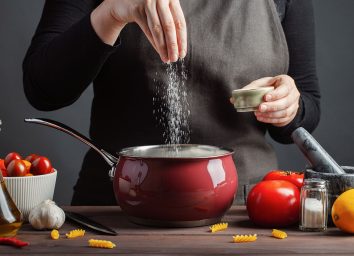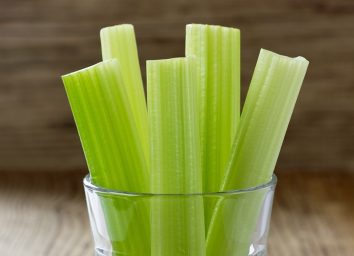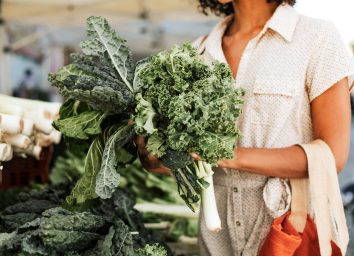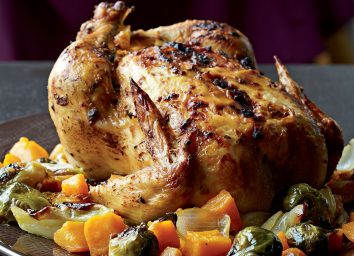51 Cooking Myths That Are Actually False
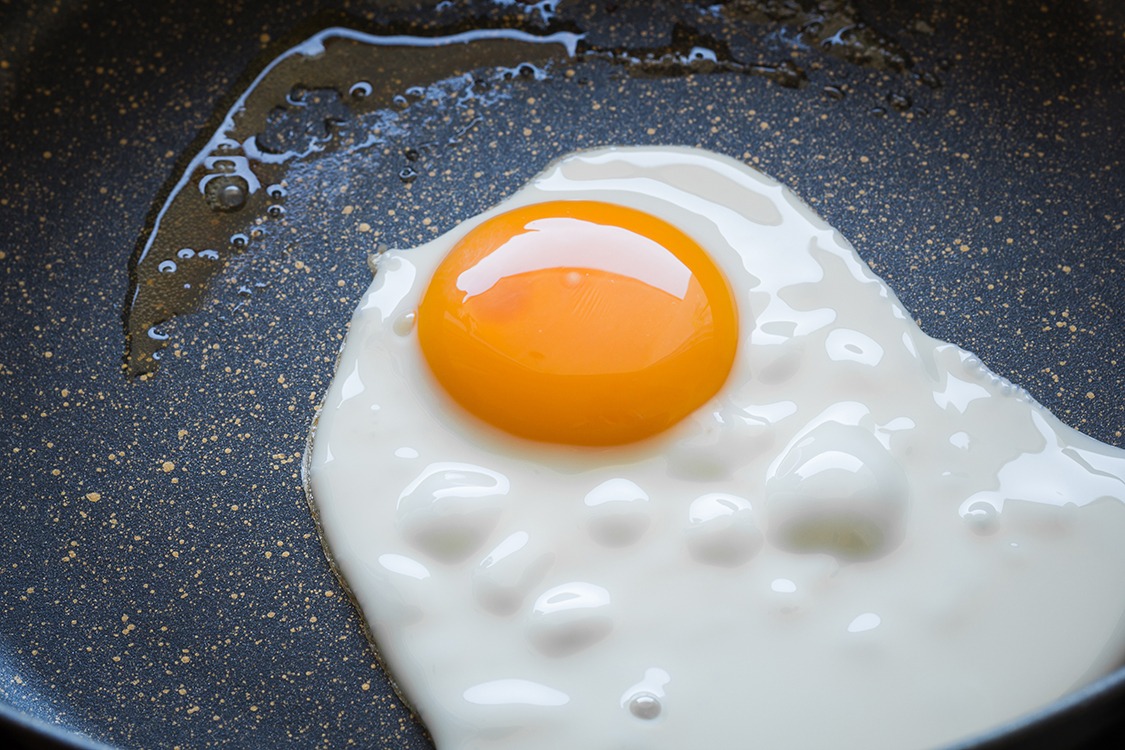
From flattened cakes to rubbery scrambled eggs, there are countless ways things can go wrong in the kitchen. However, it's not just novice cooks who make mistakes behind the stove. There are countless cooking myths that keep even the most competent chefs from reaching their full potential in the kitchen.
Before you suffer through another less-than-stellar meal, make sure you're not falling for these 50 false cooking facts. And start making every meal healthier and more delicious by making sure you've stocked up on the 40 Things Healthy Cooks Always Have in Their Kitchen!
Microwaving Food Robs It of Nutrients
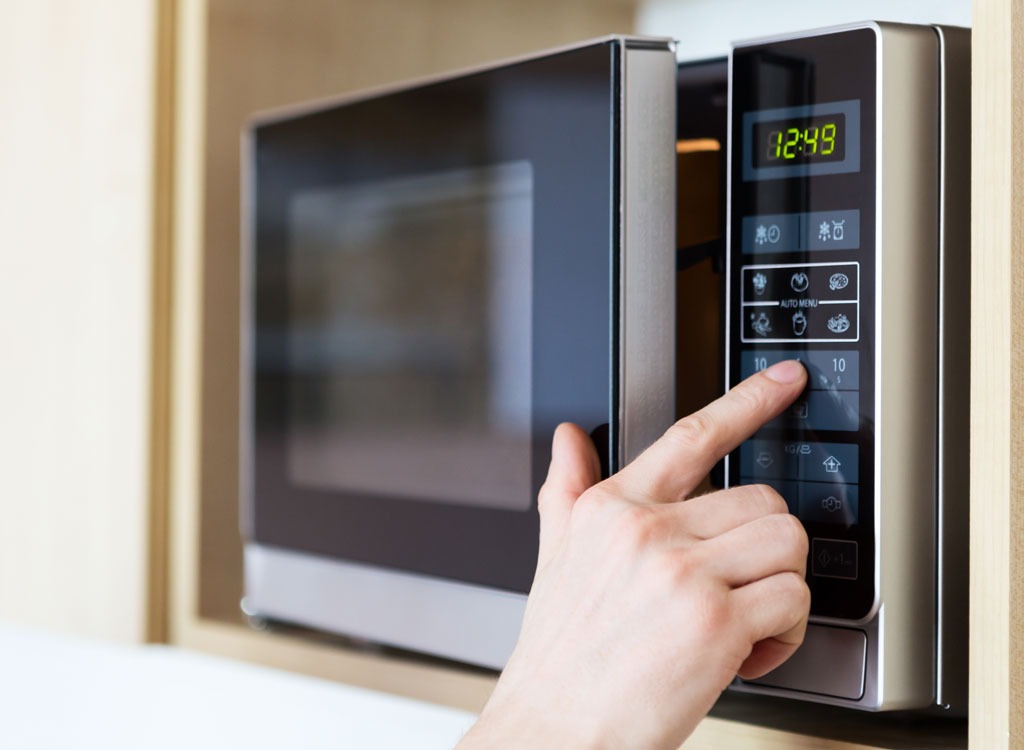
Despite some raw food enthusiasts' claims that anything cooked in a microwave has been robbed of its nutrients, the microwave isn't all bad. Microwaving typically exposes food to less intense heat over a shorter period of time than cooking methods like boiling. This actually limits the amount of nutrients loss along the way in some cases.
In fact, broccoli steamed in the microwave retains more of its glucosinolates—naturally-occurring organic compounds found in many cruciferous vegetables—than broccoli boiled on the stove. Luckily, you can start making everyday meal prep faster with or without a microwave by adding the 50 Cheap and Easy Slow Cooker Recipes to your regular lineup!
Alcohol Always Cooks Off
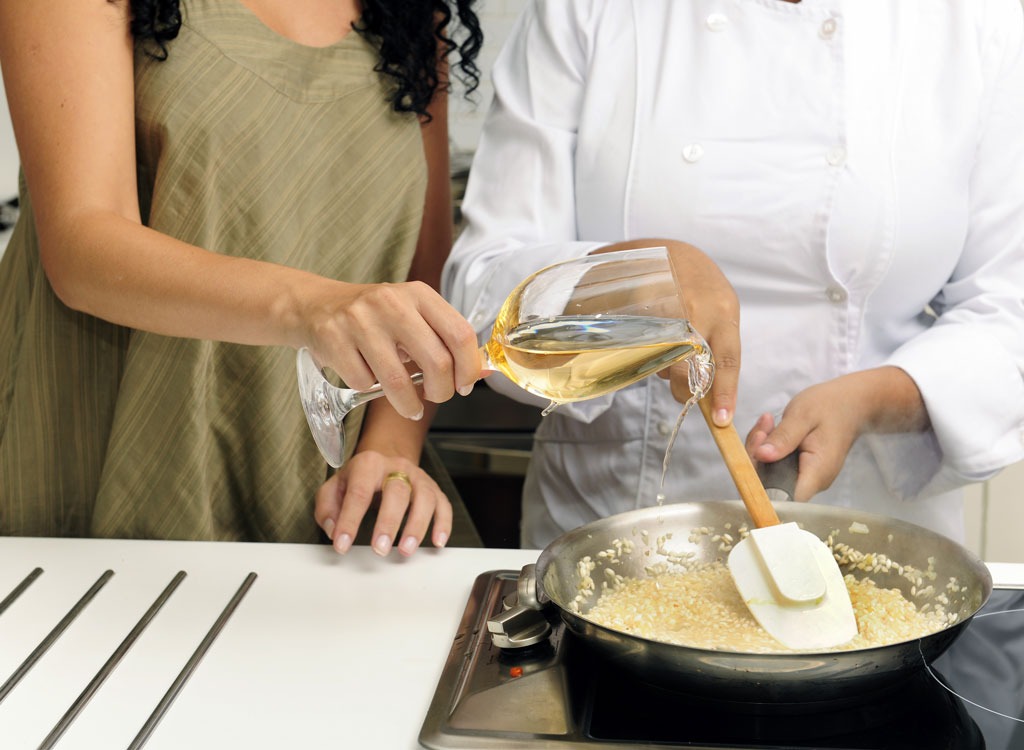
It's long been held that alcohol will completely cook out of any dish, but that's not exactly the case. In fact, a study published in the International Journal of Gastronomy and Food Science reveals that the amount of alcohol that remains in food after cooking is directly related to the temperature at which food is cooked and the amount of time it's on the stove for—so maybe keep the kids out of the vodka sauce for the time being.
Lobsters Scream in Boiling Water
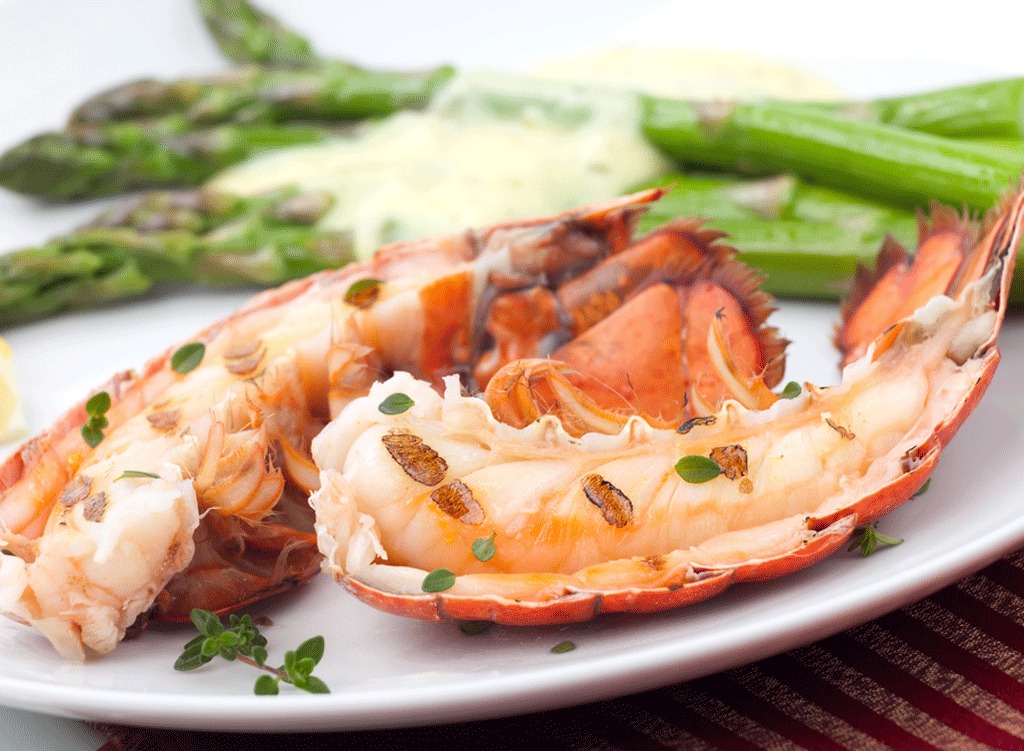
While the thought of dunking any living thing into a pot of boiling water can be off-putting, if you're worried that your lobsters are screaming, you're mistaken. That sound you hear when boiling lobsters isn't them yelling—they don't have vocal cords, after all—it's the sound of air escaping from under their shells. Just think of them as bug-eyed, pinchy tea kettles.
Wait For Bubbles Before Flipping a Pancake
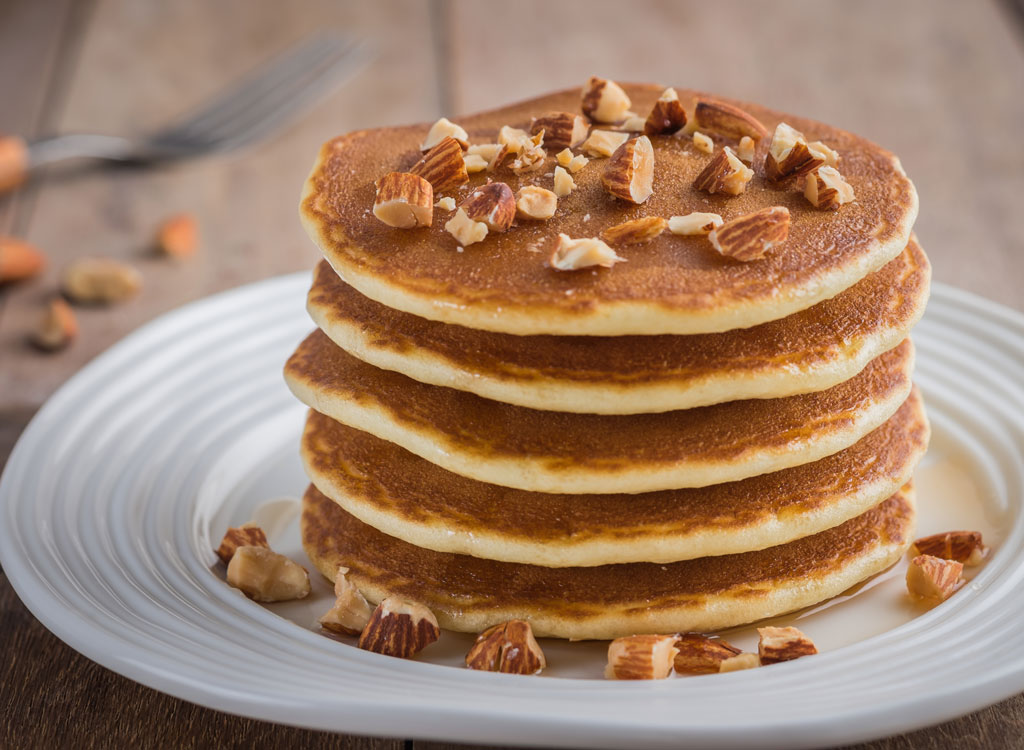
The key to a perfect pancake is waiting until bubbles appear to flip it, right? Well, not exactly. Depending on the thickness of the pancakes you're making, waiting until bubbles appear can leave you with a stack of burned food before you know it. If you're working with nut or bean flours, make sure you're cooking your pancakes on a low-to-medium heat and flip when the bottom side begins to firm up.
A Lack of Pinkness Means Your Chicken is Fully Cooked
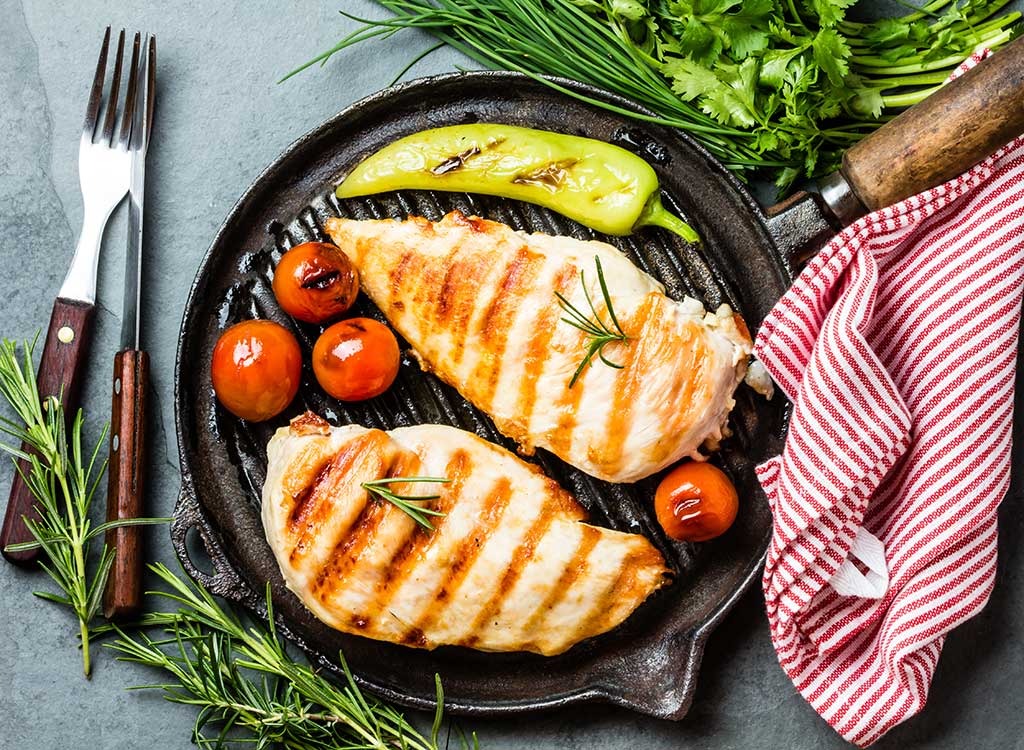
Don't assume that just because your chicken has stopped being pink means it's fully cooked. Poultry is the most common source of food-related illness, so it's imperative that you check the temperature of your bird with a meat thermometer instead of just eyeballing the color.
You Shouldn't Wash a Cast Iron Pan
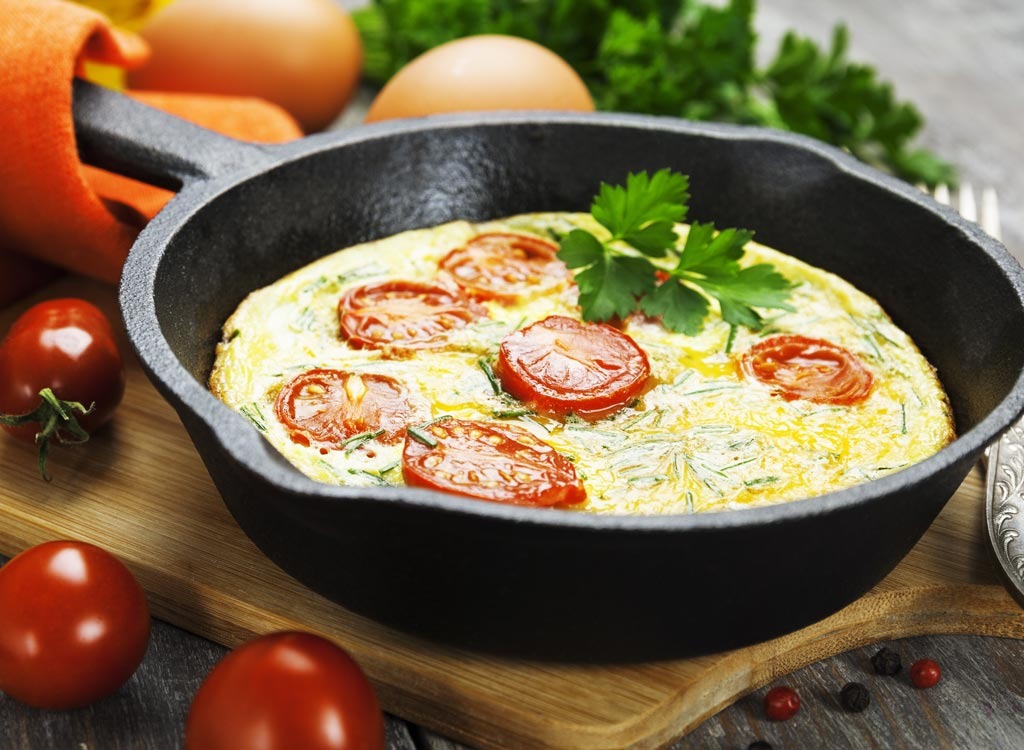
Think you can never wash that cast iron pan? Think again. While lye-based soaps can damage the seasoning on your pan, a pan properly polymerized with oil won't be affected by your standard dish soap. When in doubt, you should still clean your pan with water and a sponge and dry it thoroughly to prevent rust.
Pasta Needs to Be Rinsed
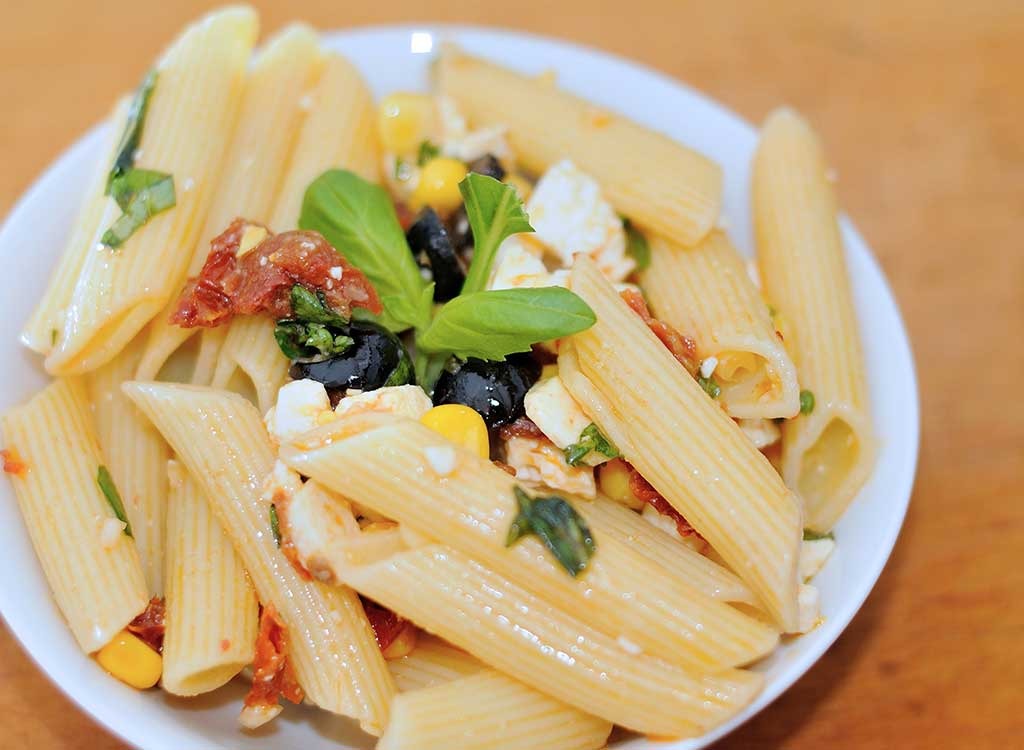
You don't need to give your pasta a bath in cold water after it's been on the stove. It's true that shocking pasta with cold water after boiling it can stop the post-pot cooking process quickly. However, a thorough rinse will not only make the pasta cooler than you probably want it, it will also remove the starches that help sauce stick. If your pasta habit is making you feel bloated, make sure you're balancing those indulgences with plenty of healthy carbs, too.
Baking Soda Never Goes Bad
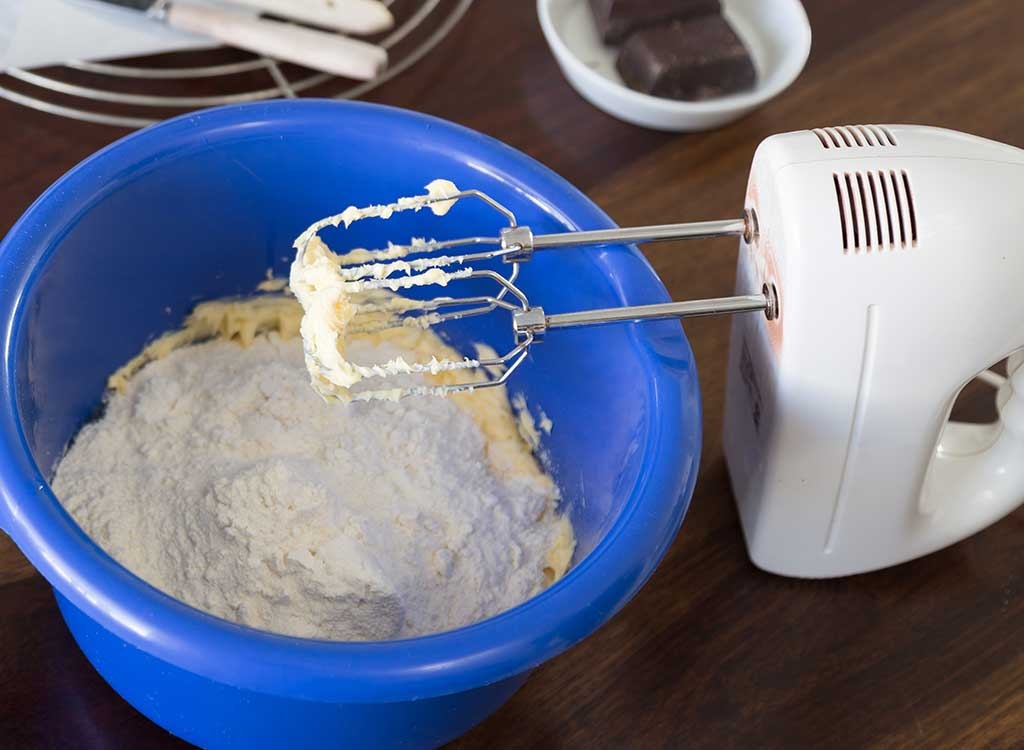
The baking soda that's been in your cabinet for years might not rot the way a traditional food item would, but that doesn't mean it's going to be as effective as a brand-new box. "Keep fresh boxes of baking soda and baking powder on hand," says Tara Tornello, founder and head baker at The Darling Kitchen in New York. "Leavening agents lose their potency when expired, so replace them every 6 to 12 months."
Old Eggs Are Best For Boiling
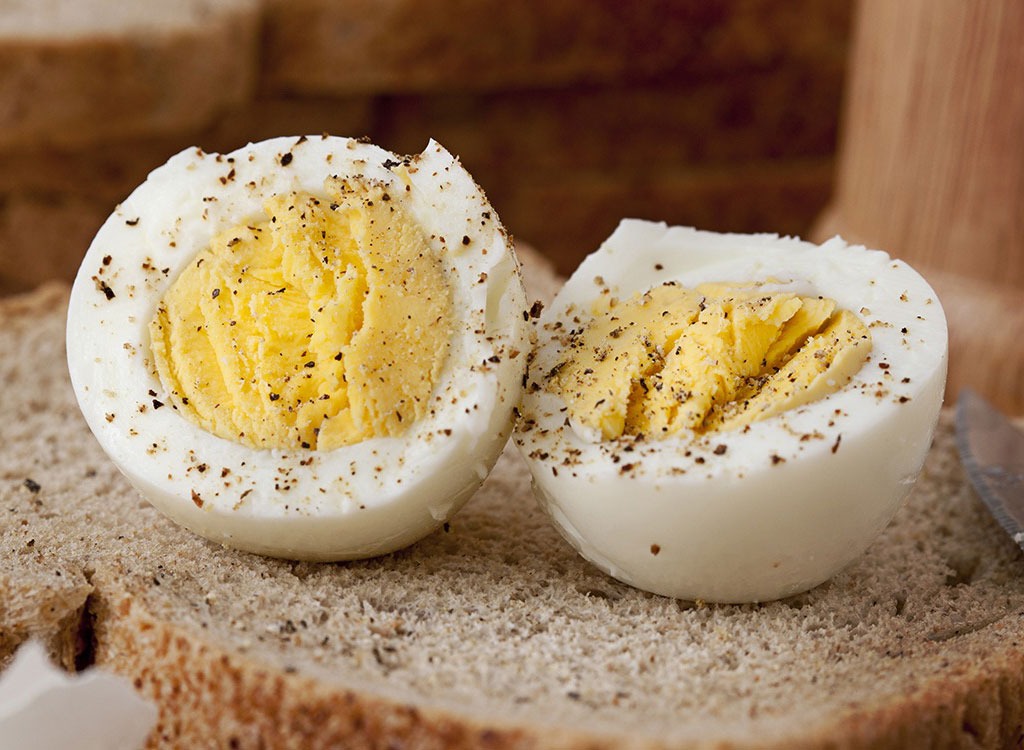
While many people claim that older eggs are the best for boiling, newer eggs can work just as well. Although older eggs tend to have slightly less volume than their fresher counterparts, making them easier to peel, according to some cooks, the way you prepare your eggs is just as important as their age. Cover your eggs with cold water, bring to a rolling boil, remove from heat, and allow them to cook for up to 12 minutes before putting them in an ice water bath for a shell that peels off easily, regardless of the egg's age.
Steel-Cut Oats Are Healthier Than Rolled Oats
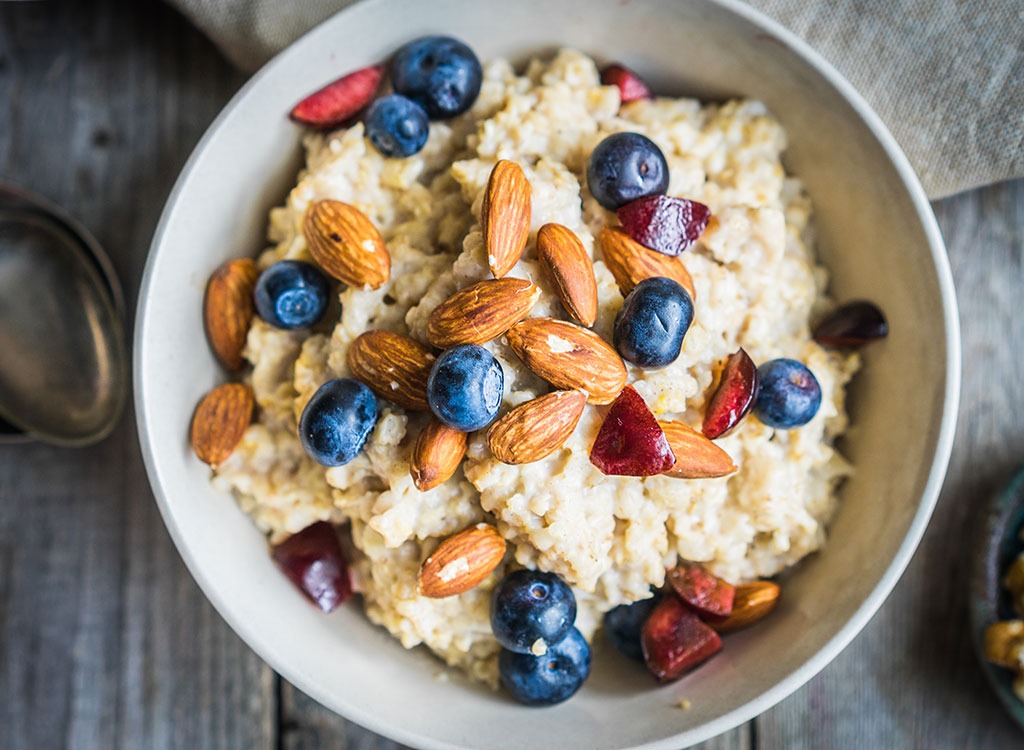
Steel-cut oats have certainly increased in popularity over the past decade or so, but they don't differ by that much, health-wise, from those of the rolled variety. The major difference between the two is how they're prepared, so as long as your oats of choice aren't loaded with sugar, salt, or artificial flavors, they're a healthy choice.
Well-Done Meat is Safer
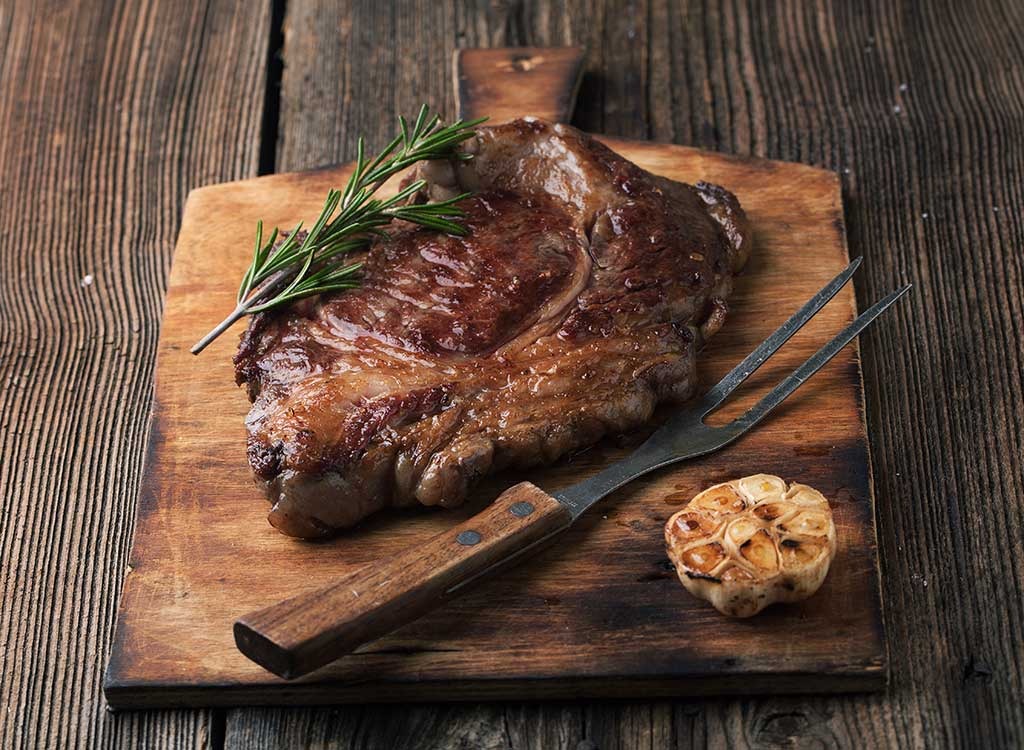
There's a reason many chefs balk at the very thought of a well-done steak: not only do certain well-done cuts of meat have the approximate texture of an old shoe, they're also not necessarily safer for you. As long as a steak's internal temperature has reached 145 degrees, it's considered safe to eat, even if the inside is still plenty pink. The exception to this rule is ground meat, which should be heated to at least 165 degrees.
You Should Always Remove Skin Before Cooking Chicken
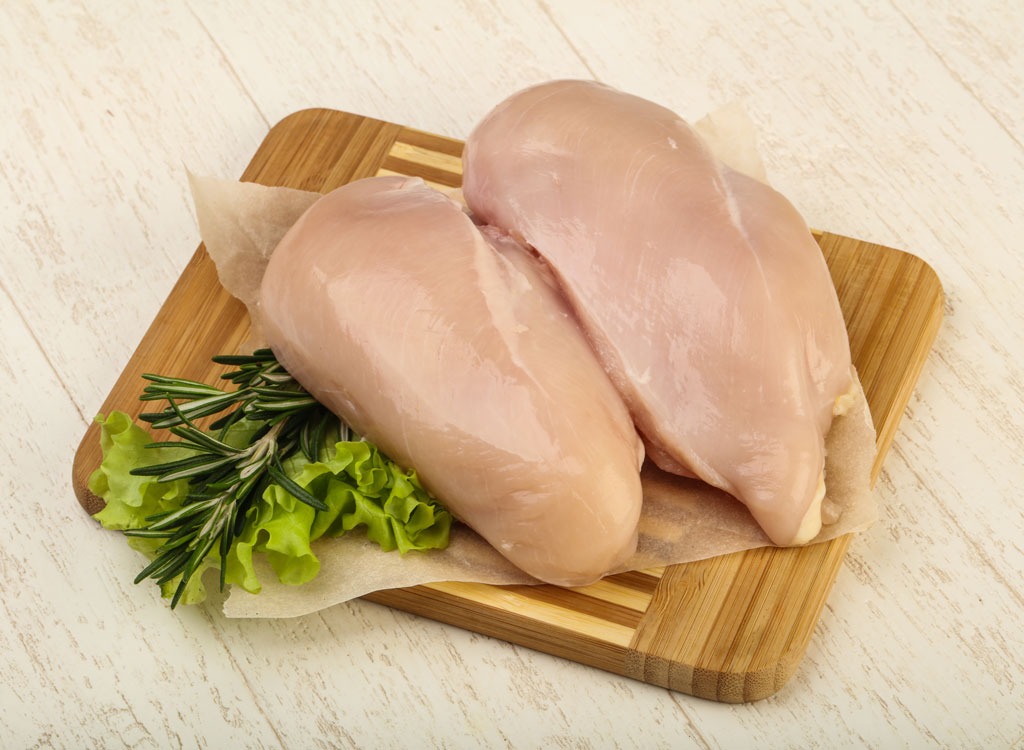
Removing the skin on your chicken before cooking it means you're missing out on a better-tasting bird. In fact, the skin is the perfect tool for sealing in flavor and moisture, so go ahead and put your herbs, spices, and sauces under the skin, bake it, and remove the skin after your meal is cooked. If chicken breasts are no longer cutting it, don't worry: there are plenty of other high protein snacks that can satisfy your hunger while helping you slim down.
Salt Slashes Pasta Cooking Time
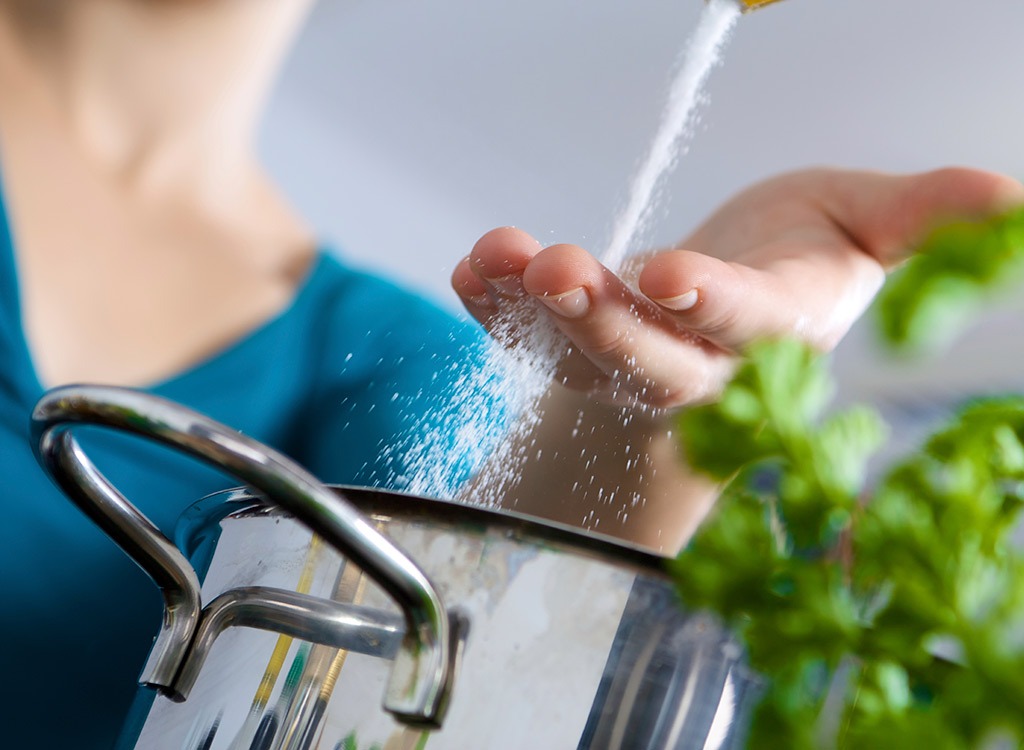
If you're adding salt to your pasta water, do it for the flavor, not the supposed reduction in cooking time. It's true that adding salt to water does increase its boiling point slightly. However, this would likely only translate to a minor reduction in your cooking time, unless you're intent on making your food so salty it's virtually inedible.
Raw Tomatoes Are Healthier Than Cooked Ones
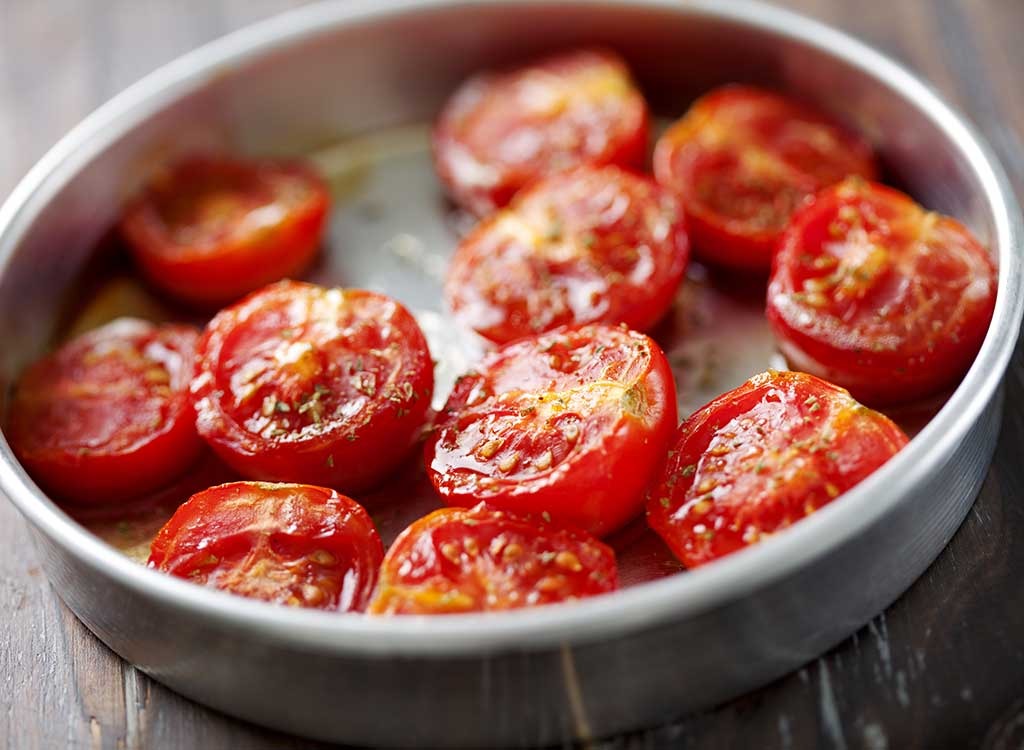
Don't discount roasted tomatoes because you're worried that you might be missing out on key nutrients by eating them. "Most vitamins are not affected by heat," says Chef Maya Eller from Phinom Cuisine in L.A. and East Coast-based Sara's Cooking. "In fact, lycopene actually increases when tomatoes are cooked."
Whipped Cream Flattens When You Stop Whipping It
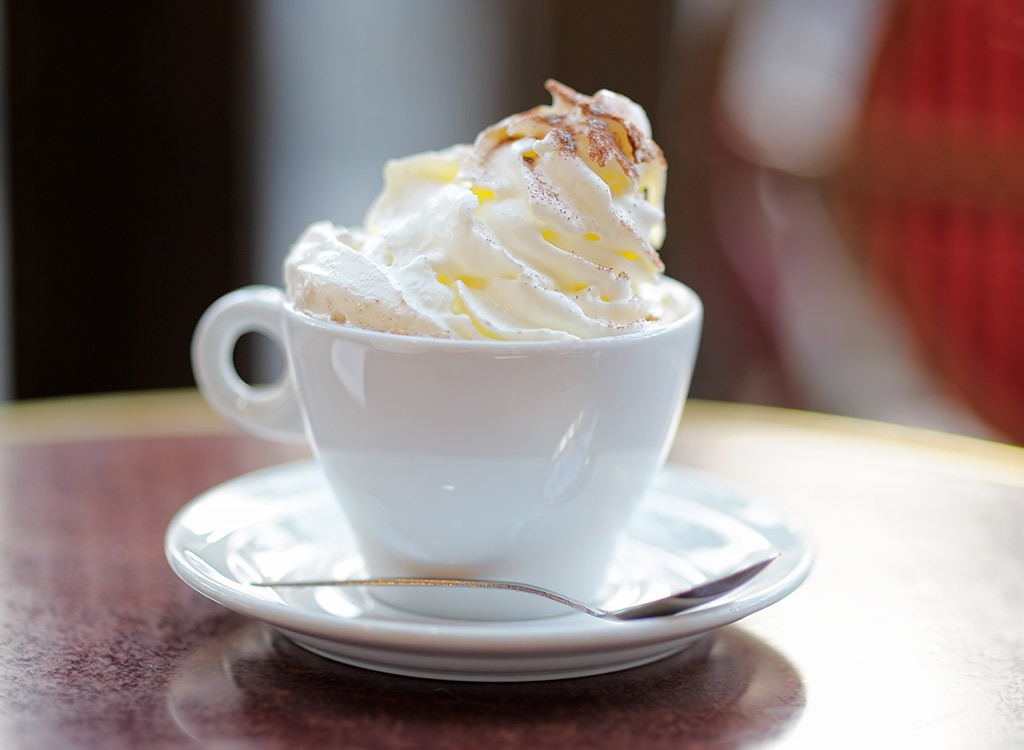
If you take a break from your whipped cream, that doesn't mean you're going to lose all of your hard work. While many people believe that a momentary break in the agitation of cream before it's fully whipped will flatten it, as long as the cream hasn't heated significantly during that time, you can easily stop and pick up where you left off.
Boiling Potatoes Whole Makes Better Mashed Potatoes
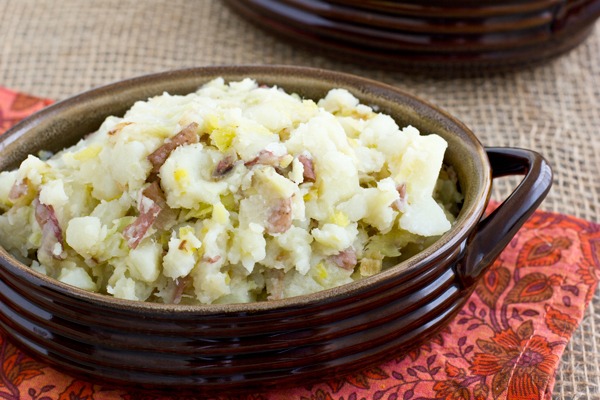
It may seem easier to boil your potatoes whole, but doing so will yield less pleasant results than chopping them first. Not only will chopped potatoes cook more evenly than their intact counterparts, they'll also reach a manageable temperature faster, making it easier to mash them without risking a steam burn. In fact, Jeffrey Steingarten, Vogue food critic and author of The Man Who Ate Everything, insists that this is the only way to make a proper mashed potato.
Mushrooms Never Need Rinsing
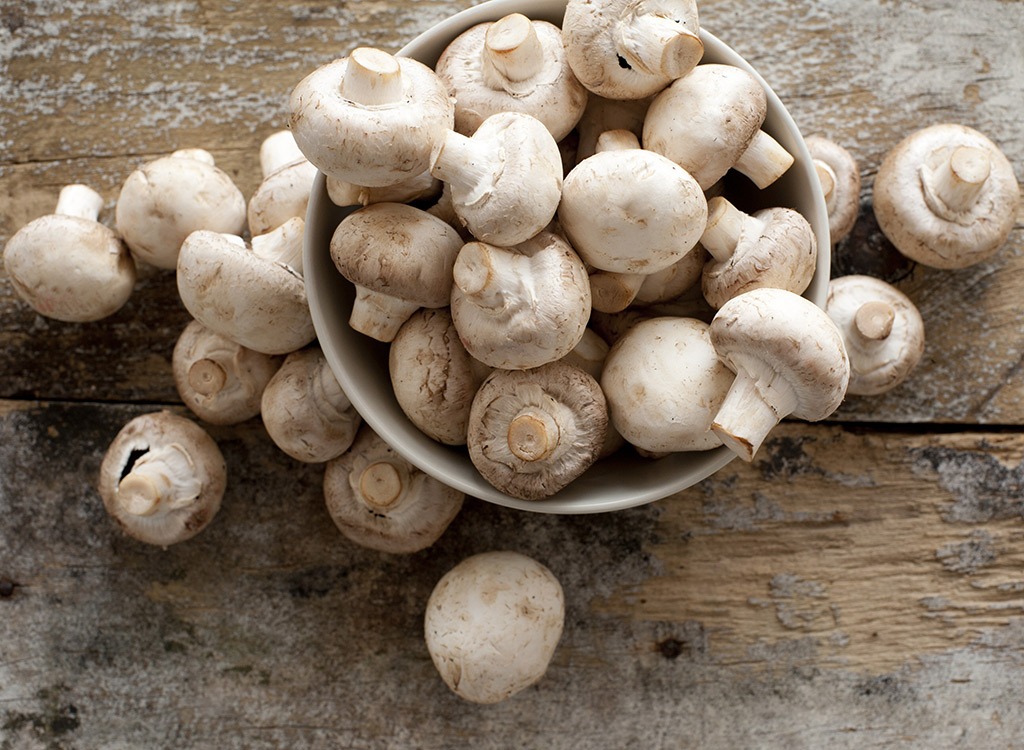
Don't assume that mushrooms' porosity means you can't expose them to water. Like anything else grown on the ground, mushrooms are generally covered in dirt and other grime, so it is important to wash them before cooking. The best way to do this without soaking them is to wipe the tops off with a damp paper towel.
Flour Needs to Be Sifted
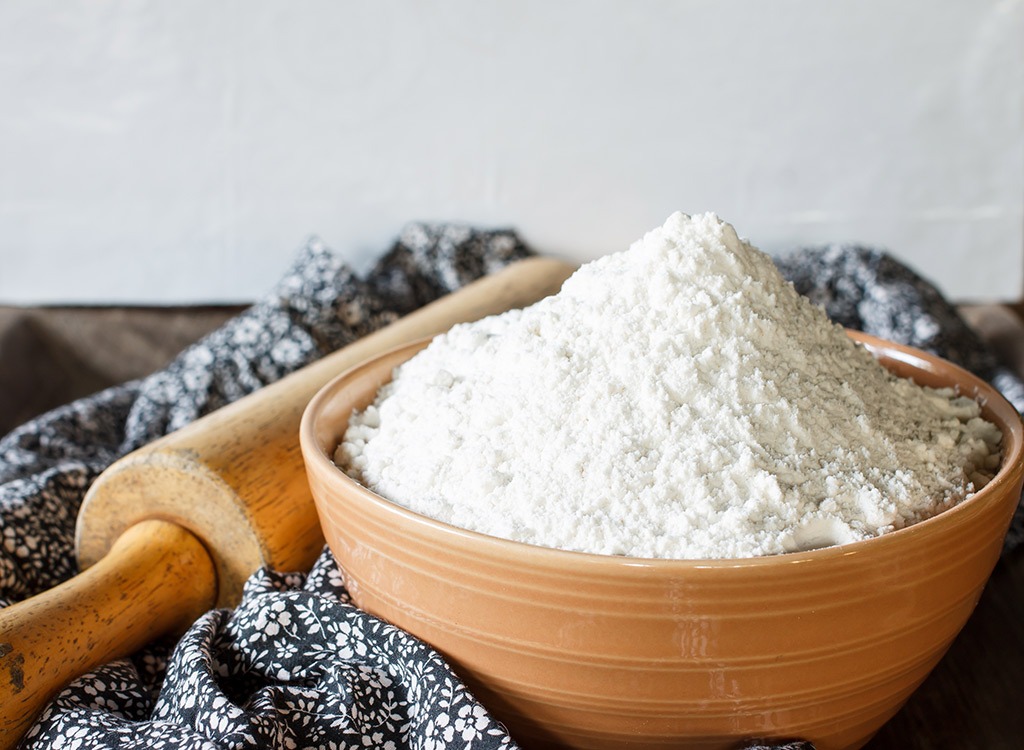
Sifting flour is as time-consuming as it is unnecessary. "99 percent of the time sifting flour is a waste of time," says Tornello. "Give it a good stir with a wire whisk and you'll accomplish the same goal in a few seconds. If your flour is really clumpy, you have bigger problems—ditch it and buy a fresh bag!"
Red Liquid Leaking From Meat Means It's Undercooked
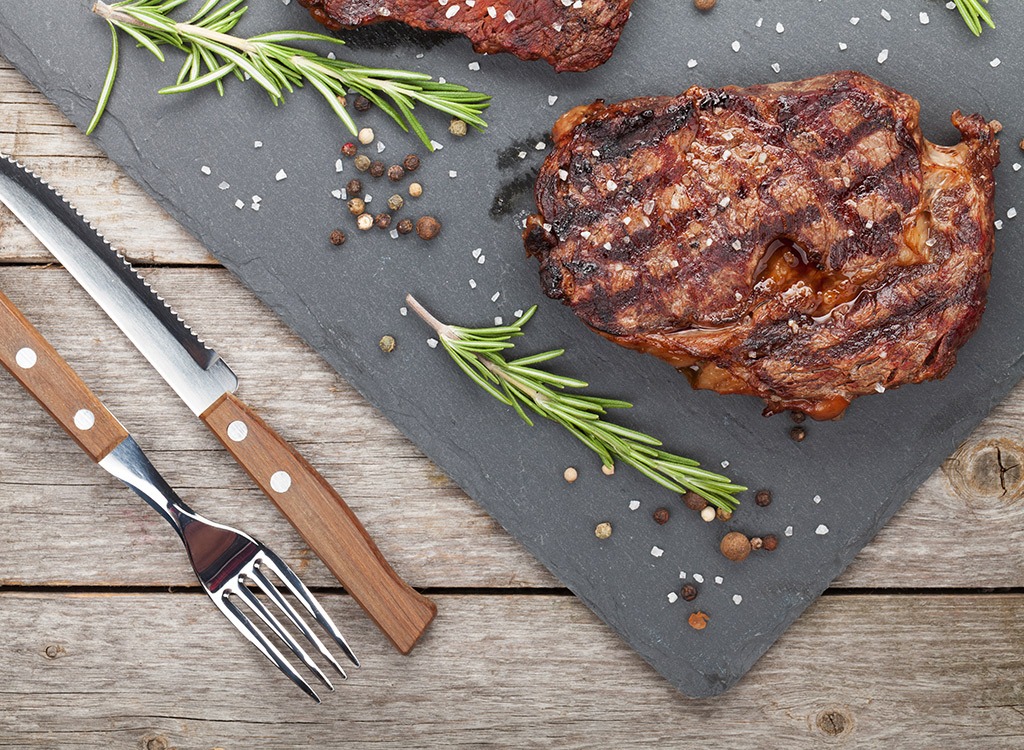
A puddle of pink juice on your plate isn't a surefire sign that your meat is undercooked. While many people assume that the red stuff that leaks out of a pinkish steak is blood, it's actually myoglobin, a protein found in muscle tissue that seeps out when the meat is heated.
Marinades Tenderize Meat
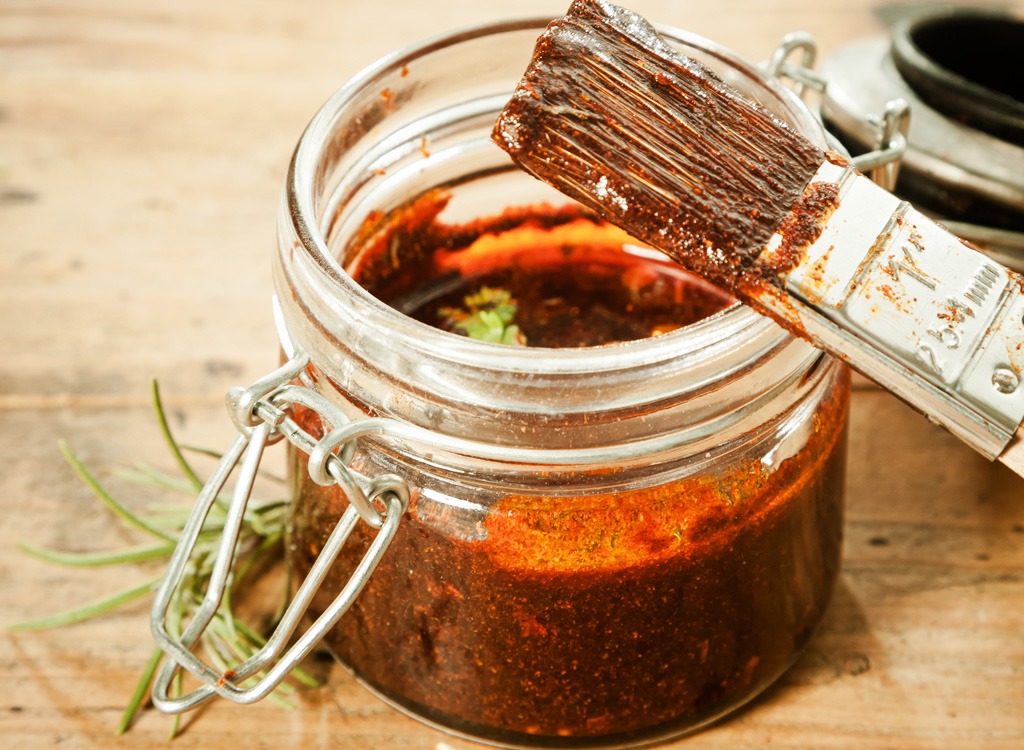
While marinating your meat can make it more flavorful, it's unlikely that it will yield much of a difference in terms of texture. It's true that certain acidic marinades can loosen the bonds in protein on the meat's surface, if the quantity of acid in your marinade is too high, it can actually do the opposite. Marinades also rarely penetrate meat much below the surface, so the odds that the inside of your meat will be significantly more tender from marinating alone are slim.
You Can Cook in a Cold Pan
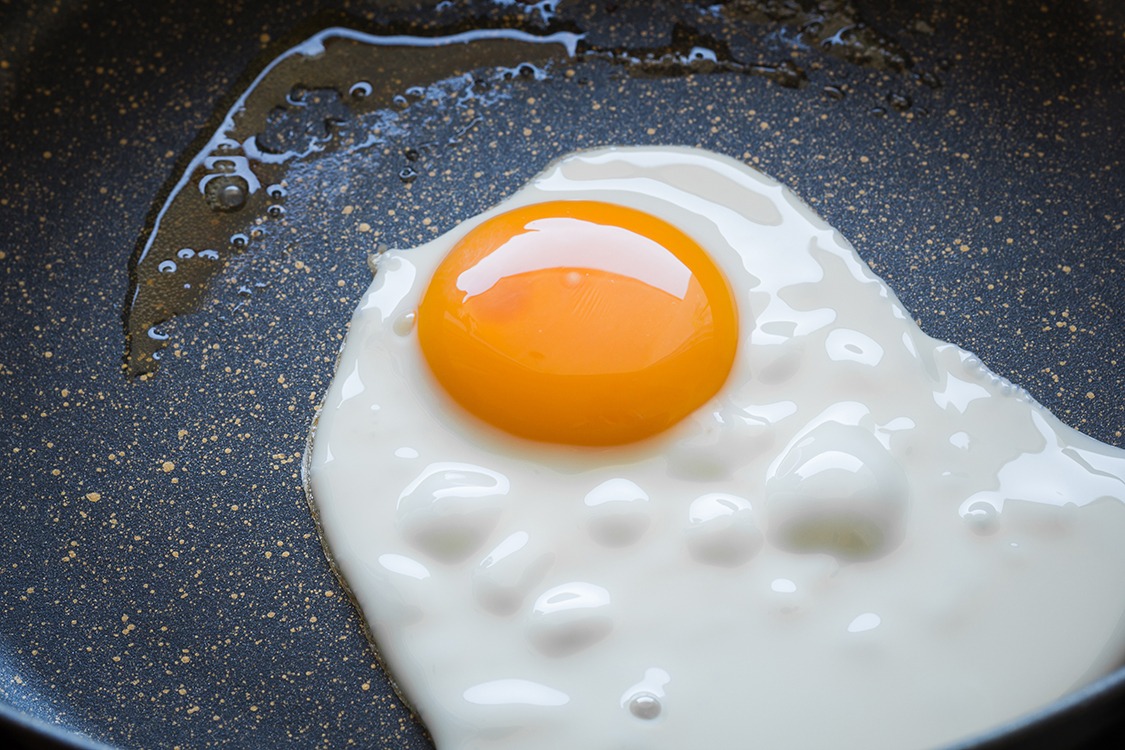
Although it's technically true that you can cook using a cold pan, doing so will just set you up for less evenly-cooked food. Using a hot pan will can help you from over-cooking your dishes by exposing them to high heat for too long a period of time, and hot pans are essential for achieving a nicely seared crust on meat.
You Can Soften Butter in a Microwave
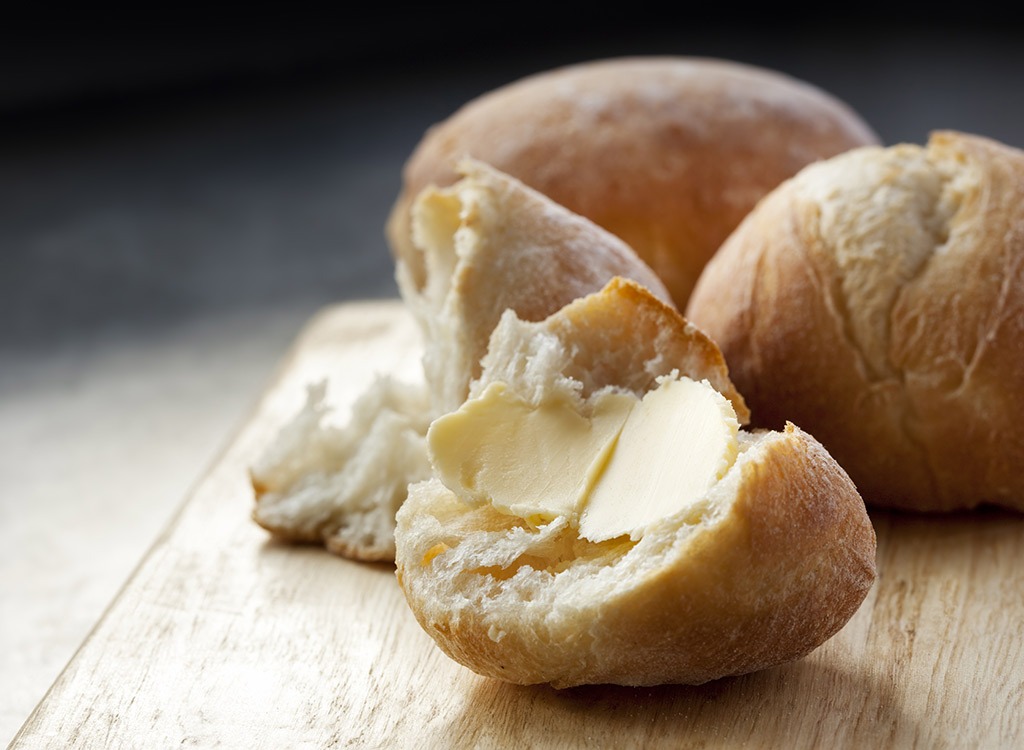
While you can melt butter in a microwave, doing so won't soften it as evenly as simply leaving it at room temperature for a few hours. Worse yet, nuking your butter can make it next-to-impossible to get the flaky texture you want to achieve in biscuit or pie dough.
You Need to Mix All the Lumps Out of Batter
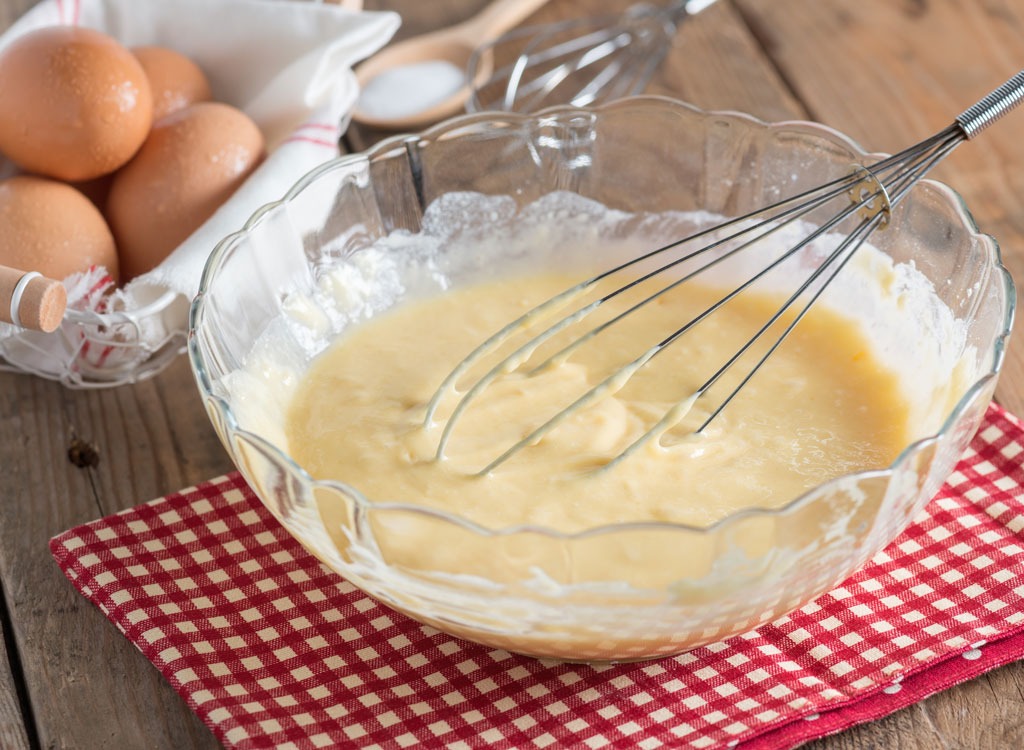
Lumpy batter doesn't mean bad baked goods are in your future. While big lumps can create flour pockets in your finished product, over-mixing the dough will likely have a worse result, making your pastries tough and robbing them of that delicious fluffiness.
Pasta Gets Overcrowded in a Pot
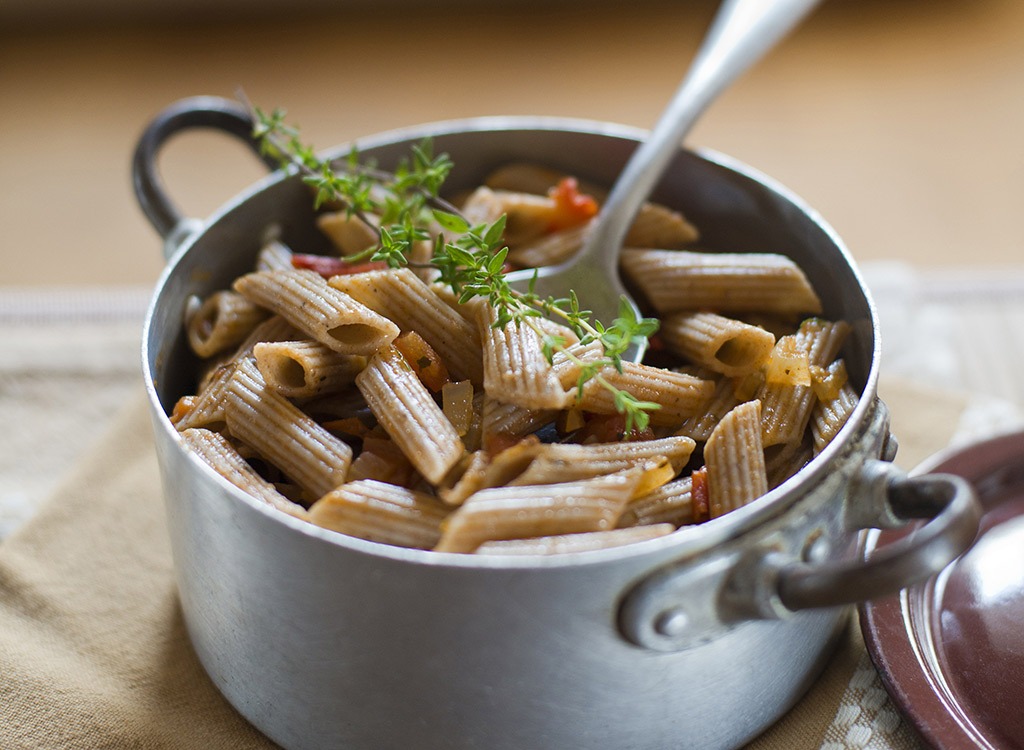
Your ravioli aren't fish; they only need so much water to swim. While some cooks insist that pasta needs to be cooked in a large pot to ensure it doesn't get crowded, your water-to-pasta ratio is actually the determining factor in how well your pasta cooks, regardless of the size of your pot.
All Bakeware is Created Equal
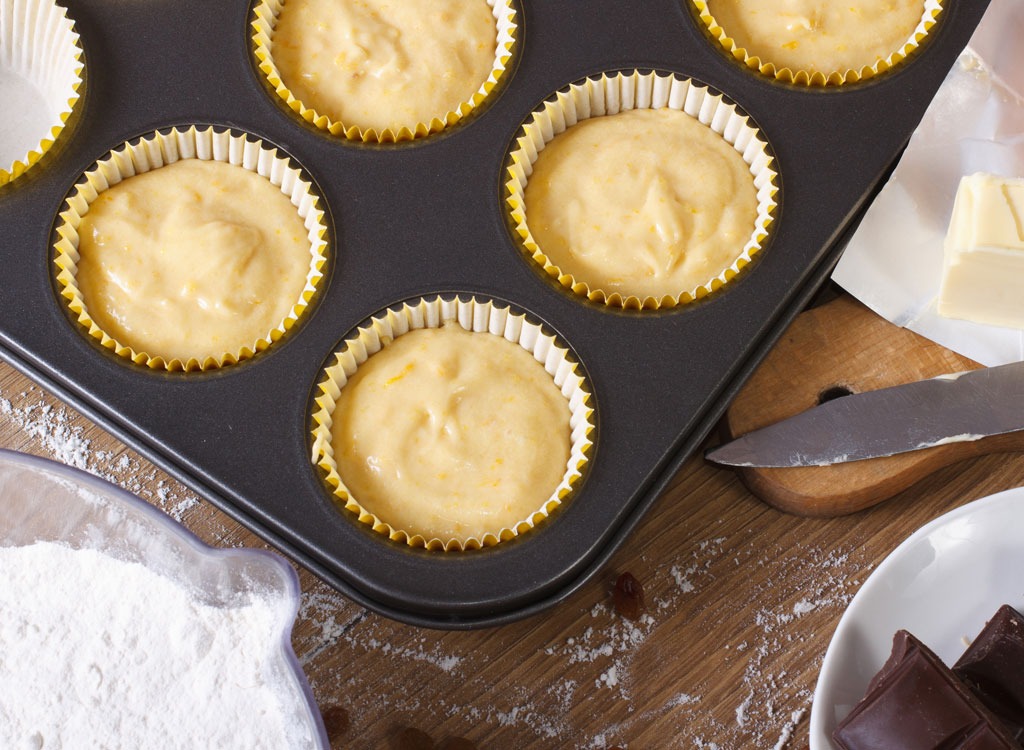
Not all bakeware is created equal, and picking the wrong pan can change the outcome of your recipe in a pretty major way. "Glass, Pyrex, light metal, and dark metal bakeware conduct heat differently and this will all yield different results," says Tornello. "Cookies baked on a dark metal sheet tray will brown faster than those baked on a light metal tray."
All Varieties of Salt Are Interchangeable
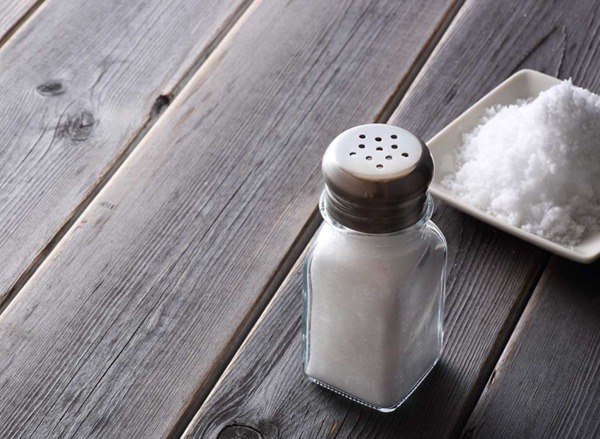
Don't assume all salt is created equal. Table salt is made up of finer grains than sea salt or kosher salt, so a pinch will add more of a salty flavor to your food than varieties with larger crystals. If you don't trust your instincts when it comes to eyeballing it, measure your salt using a food scale before adding it to your recipe. Fortunately, even if you've been adding a bit too much salt to your food, you can still stop belly bloat in its tracks with a few tiny changes to your regular routine.
Adding Oil to Pasta Prevents Clumping

If you enjoy the flavor of pasta with a little olive oil on it, then by all means, go ahead and add some to your pot. However, if you're using olive oil to prevent your pasta from clumping, don't waste your time. Olive oil will largely sit on the surface of the water while you're cooking your pasta, doing little to keep those strands from sticking together. (You should just stir often to keep pasta from clumping.) Another issue with adding oil is that when you strain it, the oil will coat your noodles in a way that can make sauce slide right off.
You Can Season Food at Any Point in the Cooking Process
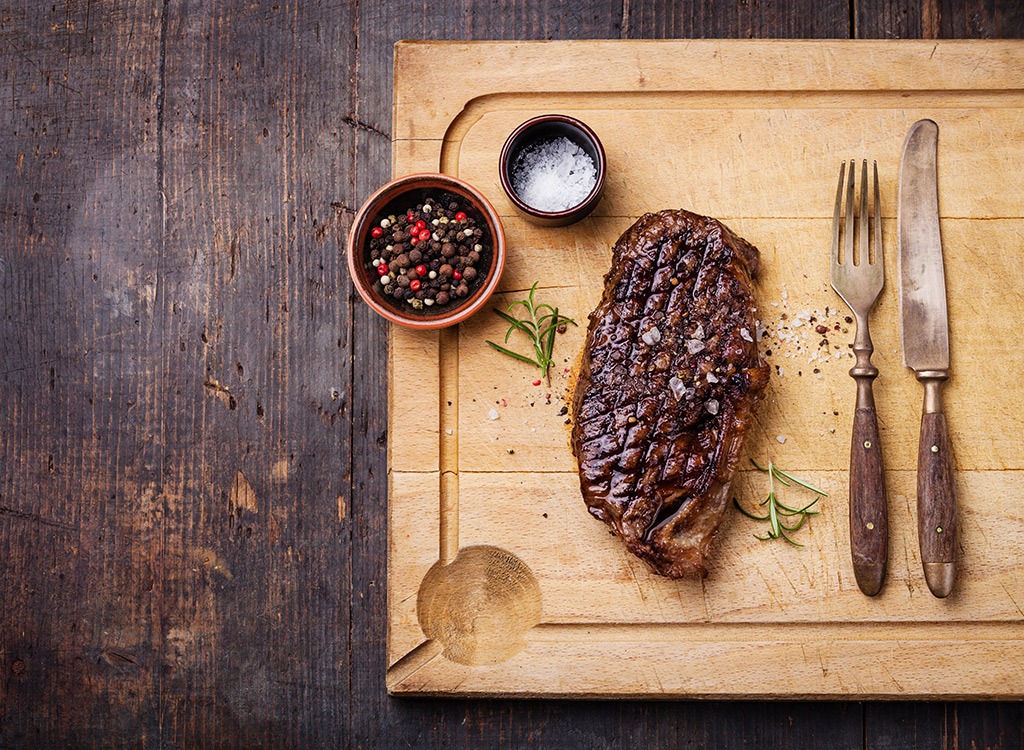
Time is of the essence when it comes to seasoning your food. While many amateur chefs believe that you can toss in some herbs and spices at any point in the cooking process, doing so won't allow the complex flavors you're seeking to develop, and, in many cases, the chemical changes that can occur when combining ingredients won't take place if you add your seasoning too late in the game. In fact, adding salt to steak early in the cooking process actually helps to dry it out, which gives you a crisp sear rather than a wet steam.
You Can Wing it With Baking
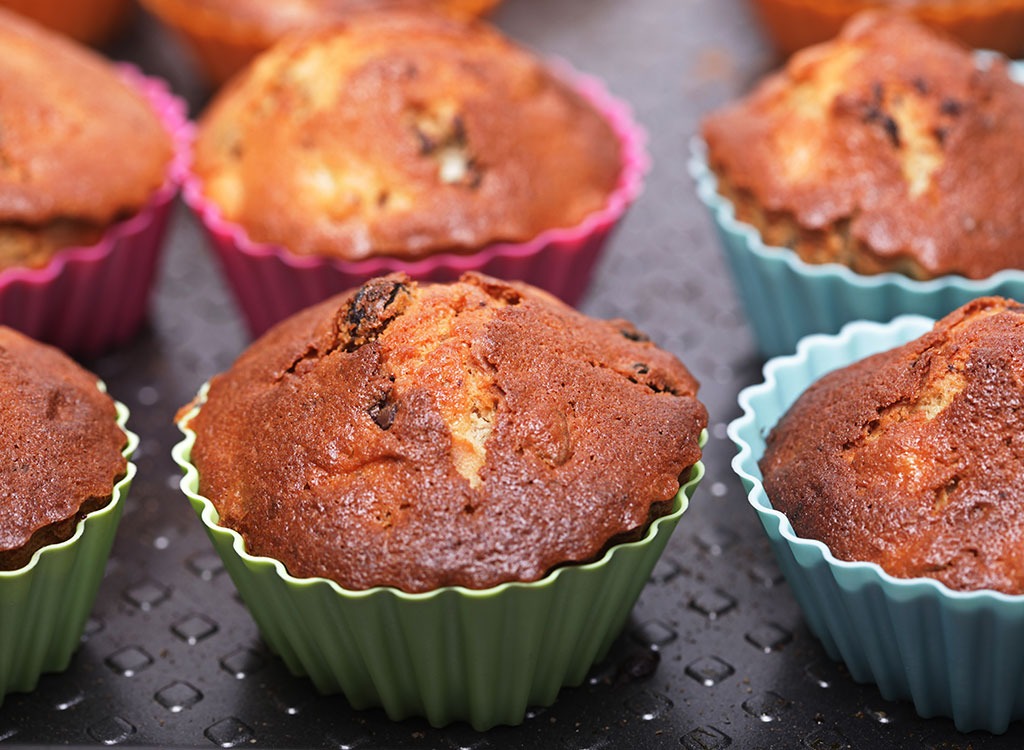
Cooking is an art, but baking is a science, and you don't want your experiment to go awry. "Baking is all about precision, and there are so many chemical reactions happening behind the scenes that the slightest change in temperature or measurement can alter the finished product drastically," says Tornello. "Like my grandma always says: 'measure twice, dump once.'"
You Can Never Properly Disinfect a Wooden Cutting Board

Steering clear of wooden cutting boards because of fears about bacteria might just be misguided. Researchers at UC Davis found that, while some wooden cutting boards had bacteria living inside after their surface bacteria had been wiped away, the internal bacteria did not proliferate and died quickly.
Sharp Knives Are More Likely to Cut You
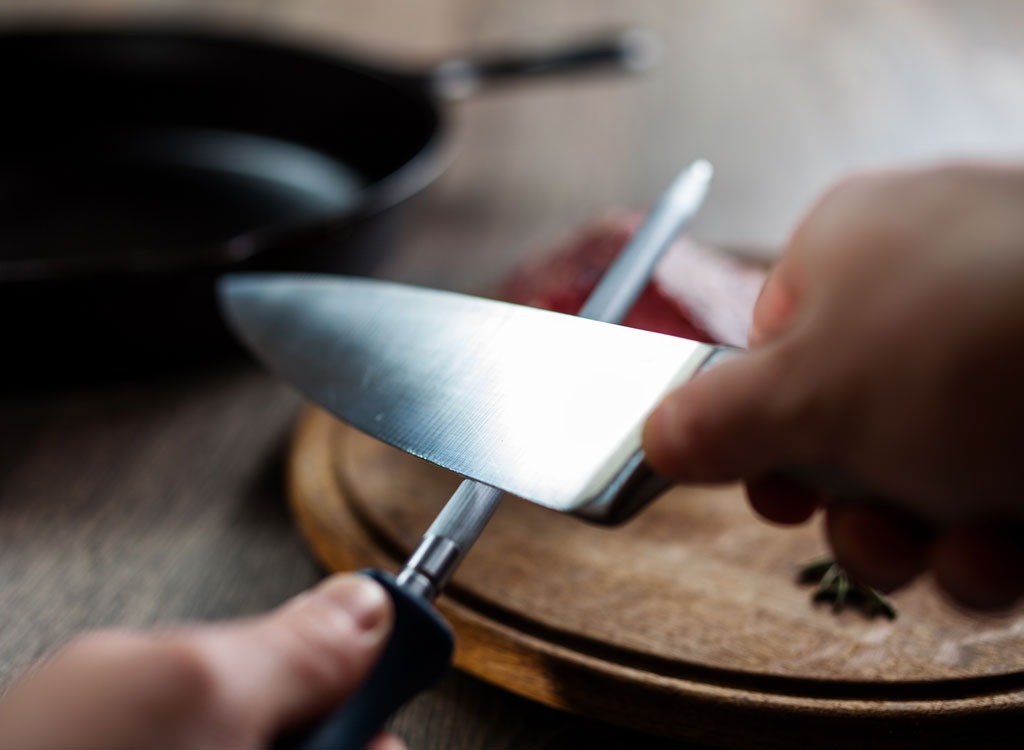
If you think that your lack of expertise in the kitchen means you shouldn't be using sharp knives, think again. You need to use less resistance to cut food with a sharp knife, so you're actually less likely to slip and cut yourself than you would be with a dull one.
You Can Store Guacamole
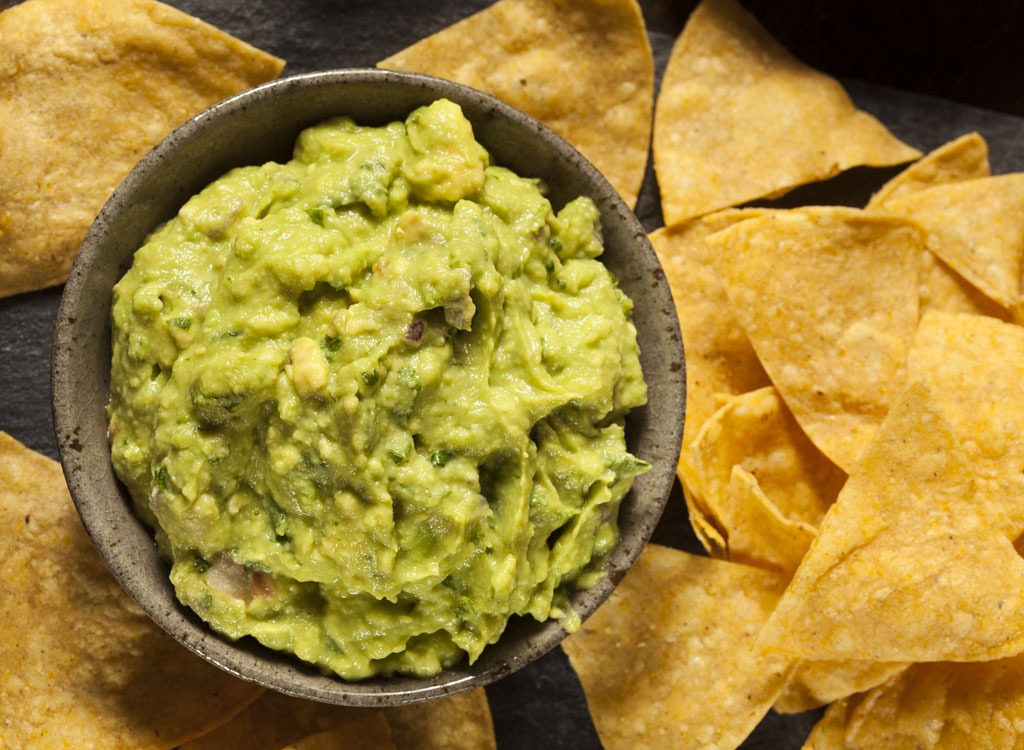
While you can technically store guacamole, doing so is a recipe for less-than-satisfying dipping. Avocados ripen (and over-ripen) quickly, so once it's mashed, adding water to cover your mixture won't actually do much to prevent it from browning—water is largely made of oxygen, exposure to which expedites the browning process. If you can't stand the sight of an over-ripe avocado, there are still plenty of healthy fats you can add to your diet to make every meal more satisfying.
Milk Makes Fluffier Scrambled Eggs
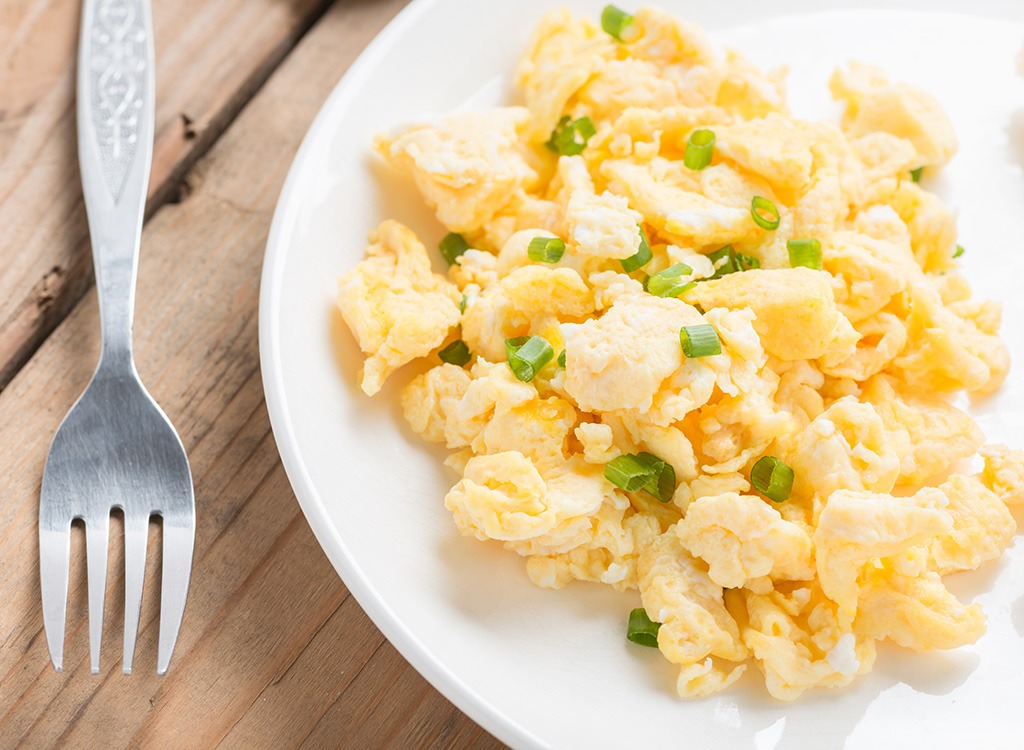
If you want fluffy scrambled eggs, skip the milk. Milk will thin your egg mixture, and it evaporates faster than the liquid in the eggs themselves, meaning you're more likely to end up with rubbery, overcooked eggs. Beat your eggs thoroughly before putting them in the pan and you'll get the fluffy eggs you wanted.
Store-Bought Pasta Isn't as Good as Fresh Stuff
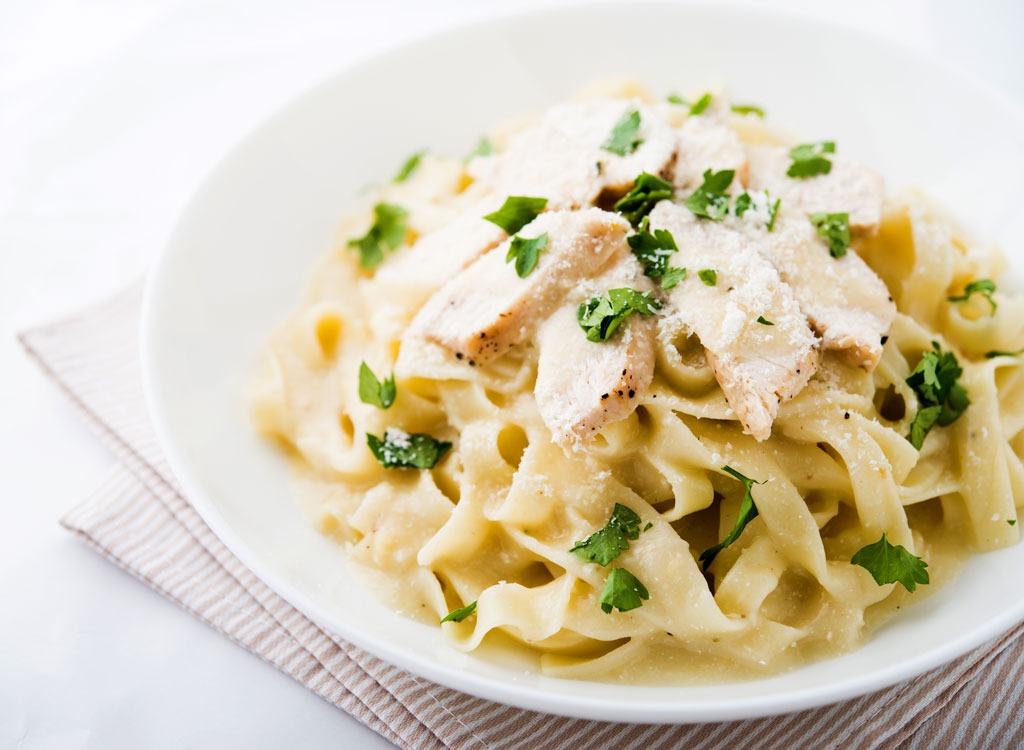
There's no denying that freshly-made pasta is delicious, but using the store-bought stuff doesn't mean your meal will be less satisfying. Store-bought pasta and handmade stuff are made out of the exact same ingredients, so there's not usually a huge difference when they're properly cooked. If you just can't bring yourself to buy dry pasta, buy the stuff in your store's freezer case, which may help you achieve a consistency and flavor that's closer to the freshly-made stuff.
You Can Use Cold Eggs in Any Recipe
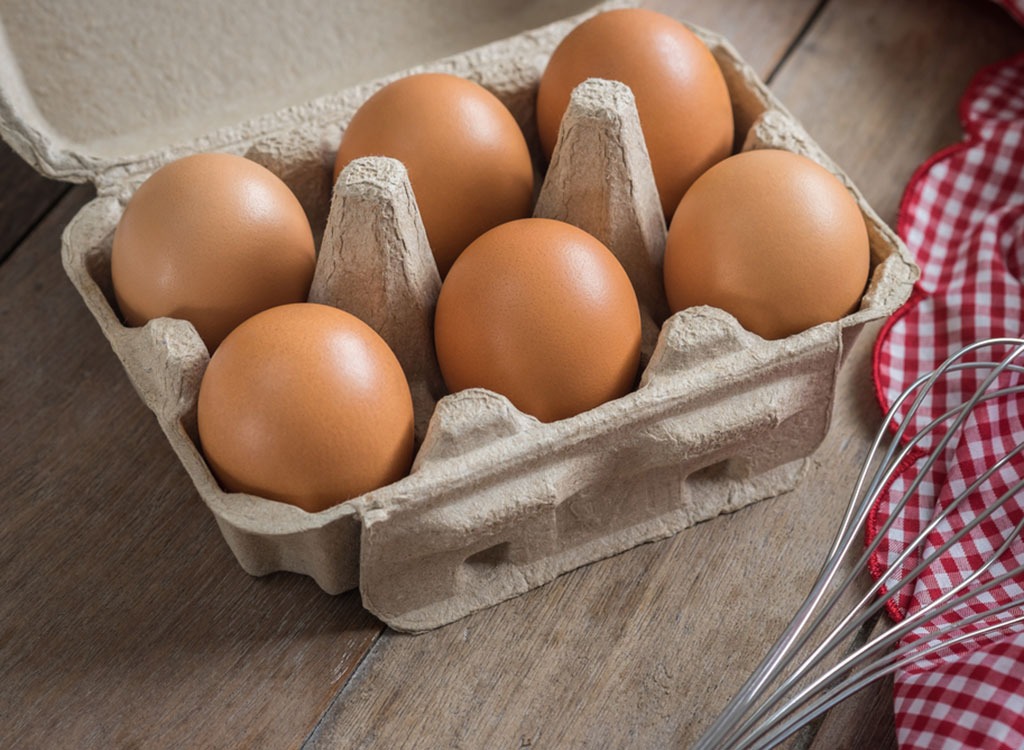
In a technical sense, you can bake with eggs of any temperature, but that doesn't mean it will yield the same results. Room-temperature eggs, much like softened butter, will mix better with your dry ingredients, making it easy to achieve the even, well-combined dough you want. If you're feeling tired of your usual scrambled eggs, there are plenty of other protein-rich healthy breakfast ideas out there that can help you reach your weight loss goals in a hurry.
Sticking a Potato in an Overly Salty Dish Will Balance It
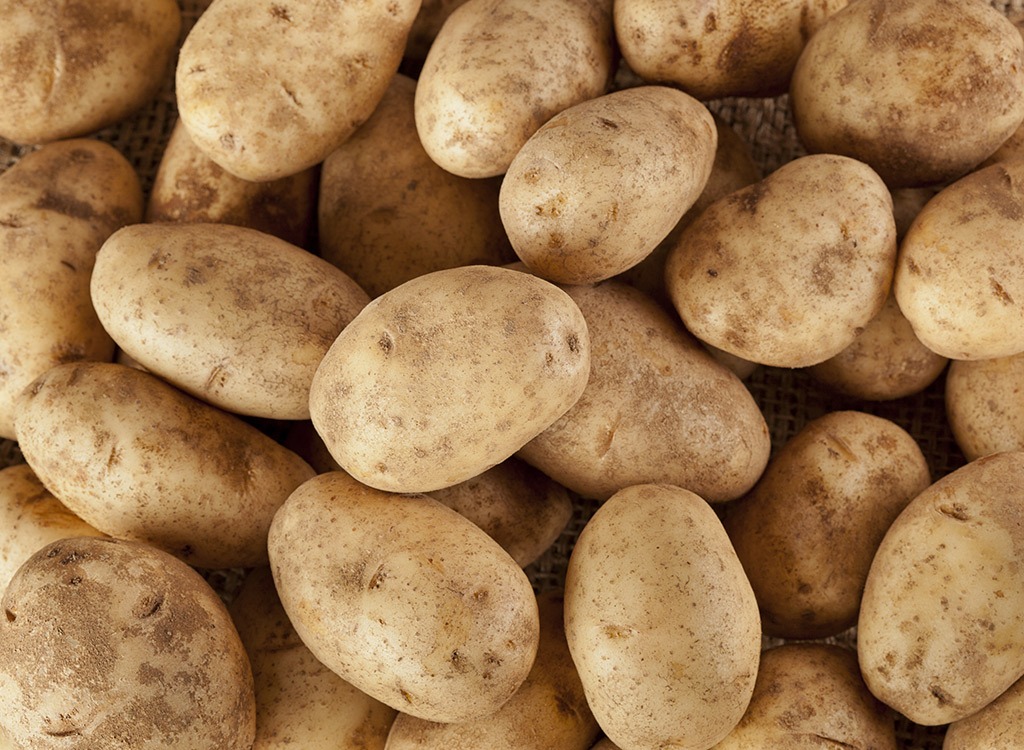
If you've accidentally dumped way too much salt into a dish, adding a potato won't save your meal. While potatoes can absorb some of the over-salted liquid in your recipe, they don't have magic salt-absorbing properties. If you want to save your food, increase the proportion of other ingredients (particularly the acidic ones) and the salt will be more evenly distributed.
Using High Heat Cooks Grains Faster
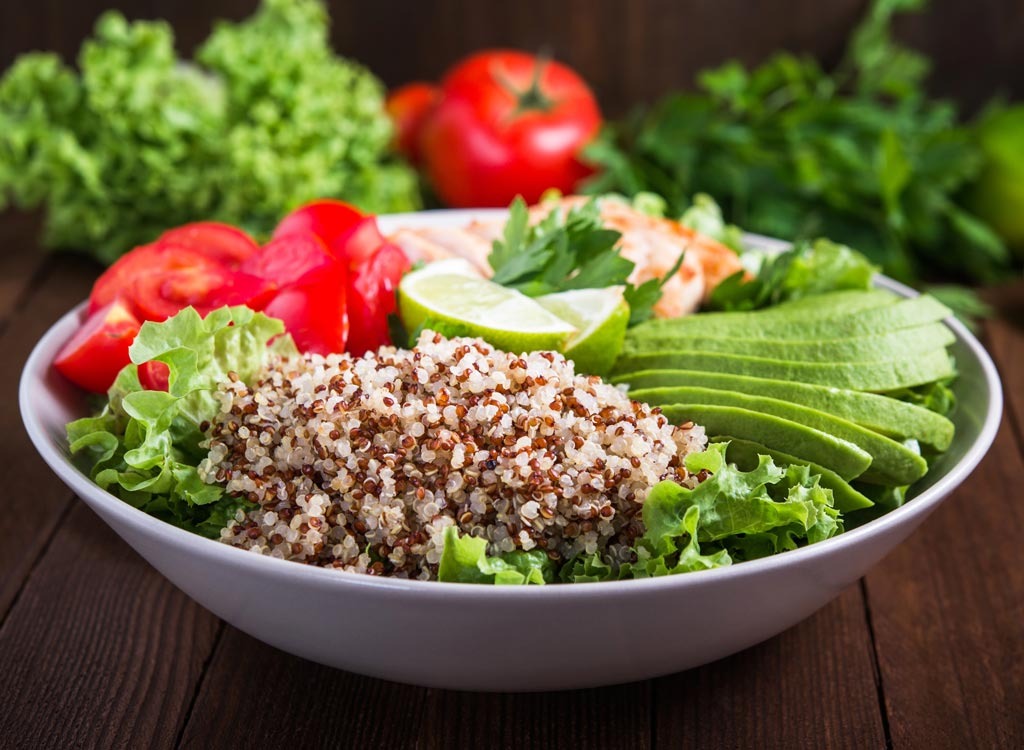
Cooking a pot of rice or quinoa on high heat won't actually get your food cooked faster. Using high heat means that the water that's supposed to permeate the grains is evaporating quickly, meaning you're likely to end up with rice that's somehow both undercooked and burned on the bottom.
Stale Bread Has Lost Its Moisture
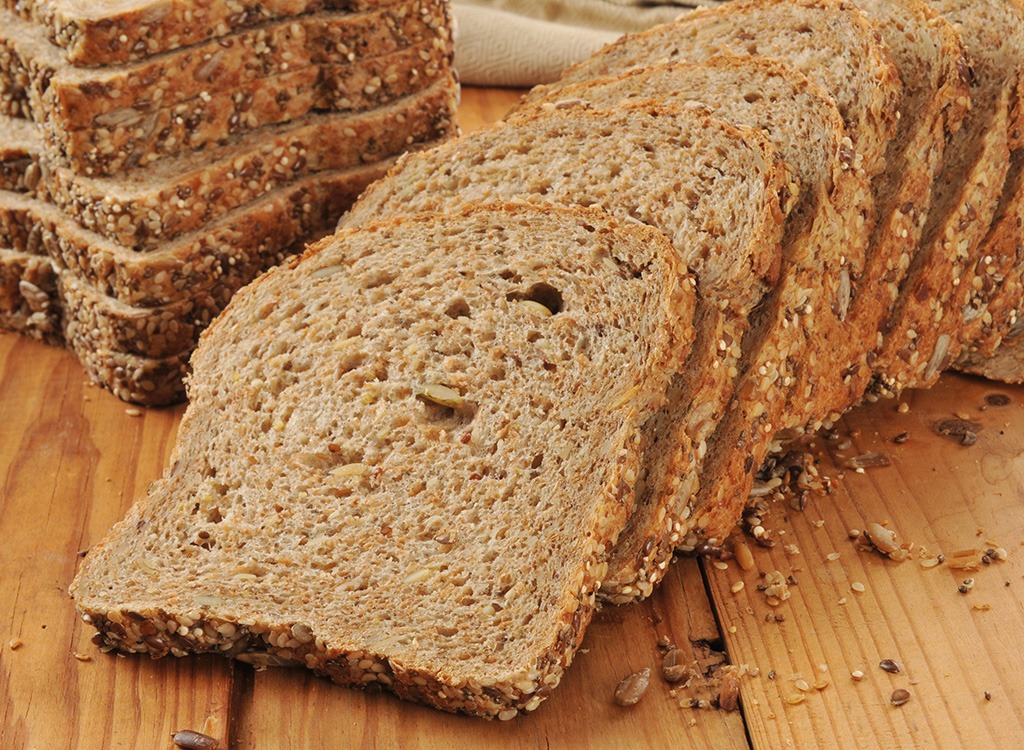
That stale bread on your counter didn't get that way just because its moisture has evaporated. While fresh bread does tend to be more moist than older loaves, the real reason your bread is hard as a rock is because the starch is crystallizing.
You Can Bake With Any Artificial Sweetener
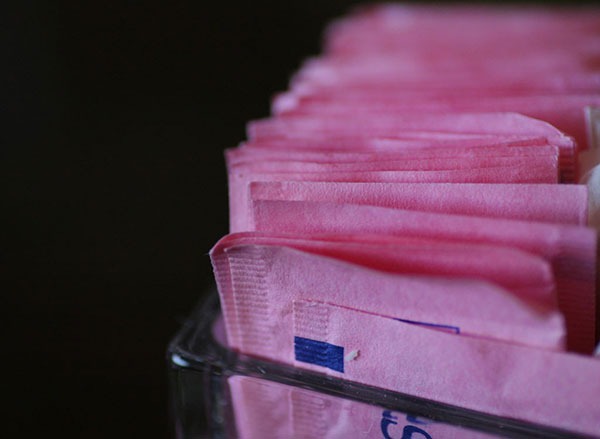
Don't assume that swapping out the sugar in your recipe for artificial sweetener will yield positive results. While certain sugar replacements, like sucralose, and sugar alcohols, like erythritol, can be used in baked goods, aspartame isn't heat stable, and will lose its sweetness when exposed to high heat.
Smoothies Need Ice
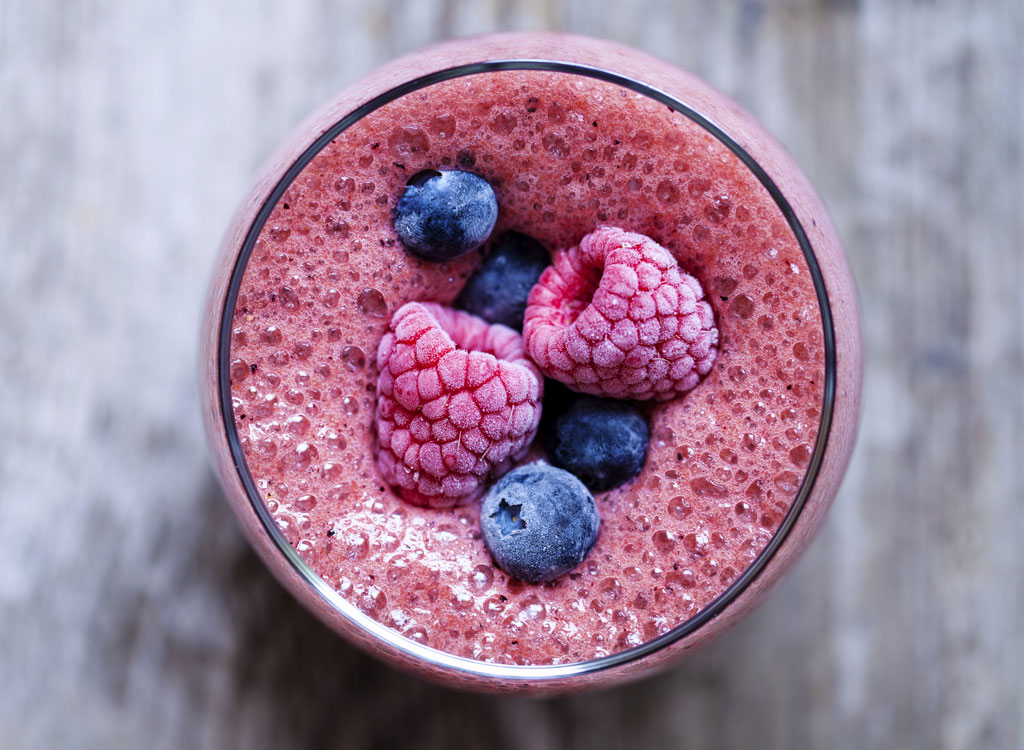
If you're adding ice to your smoothie, you're just watering it down. While the texture ice lends to a smoothie is generally more pleasing than a glass of room-temperature fruit puree, using frozen fruit will have the same effect without diluting your drink.
If Pasta Sticks to Your Wall, It's Done
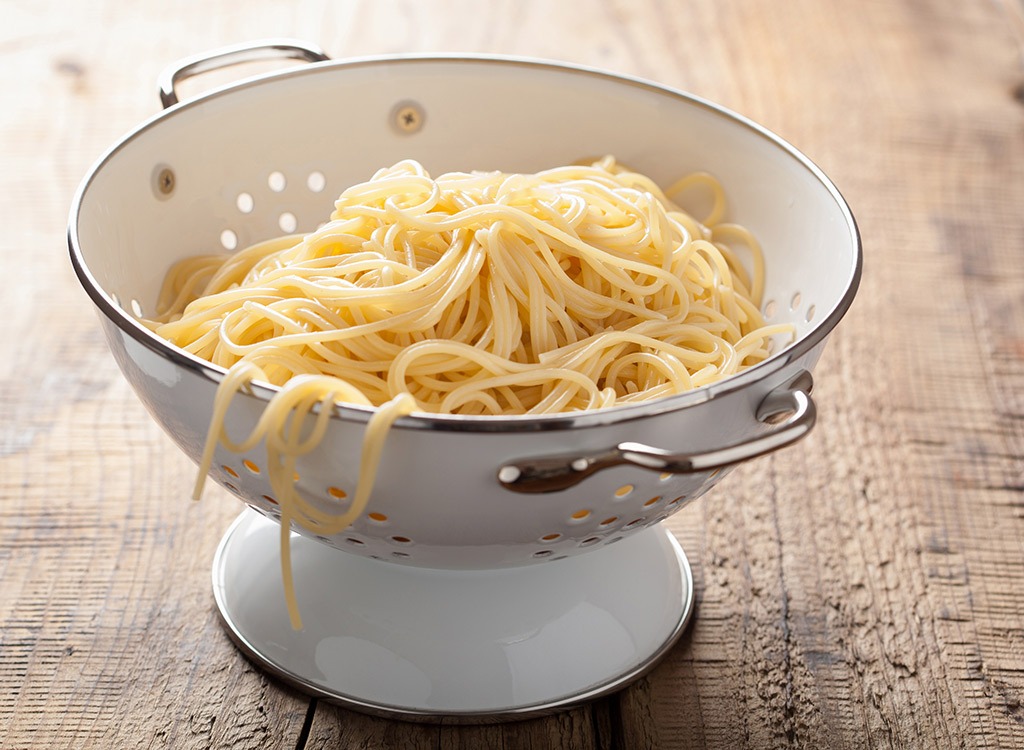
For many people, throwing pasta at a wall and hoping it sticks is the ultimate way to determine whether or not it's fully cooked. However, your pasta's stickiness might actually mean you've cooked it too long. When pasta cooks, starches are released, which can make each strand sticky, giving it good wall-grabbing ability. However, that external stickiness can also mean it's gone past the point of al dente and into rubbery territory. Tasting your pasta during the cooking process will give you a more accurate assessment.
Pepper Seeds Are the Hottest Part
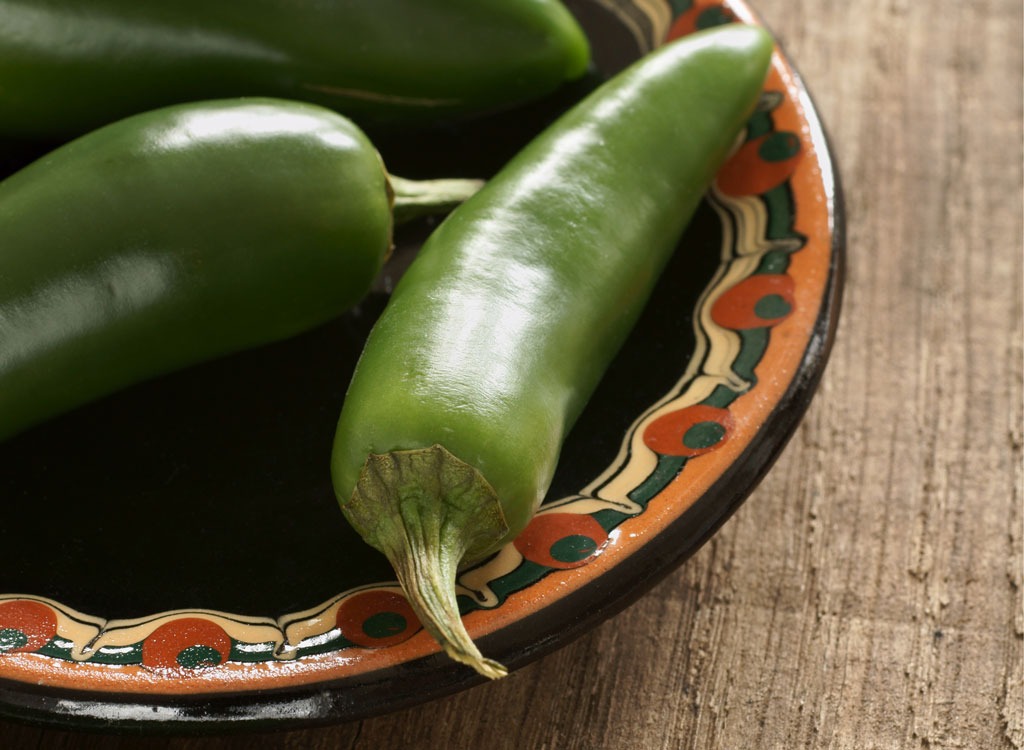
While the seeds of a pepper may taste the spiciest, it's their proximity to a hotter part of the pepper that's tricking your tongue. The membrane that surrounds the seeds tends to contain the most capsaicin, which is then rubbed off on the seeds, making them taste spicy when they actually contain little to no capsaicin themselves.
You Need to Stir Rice to Make it Fluffy
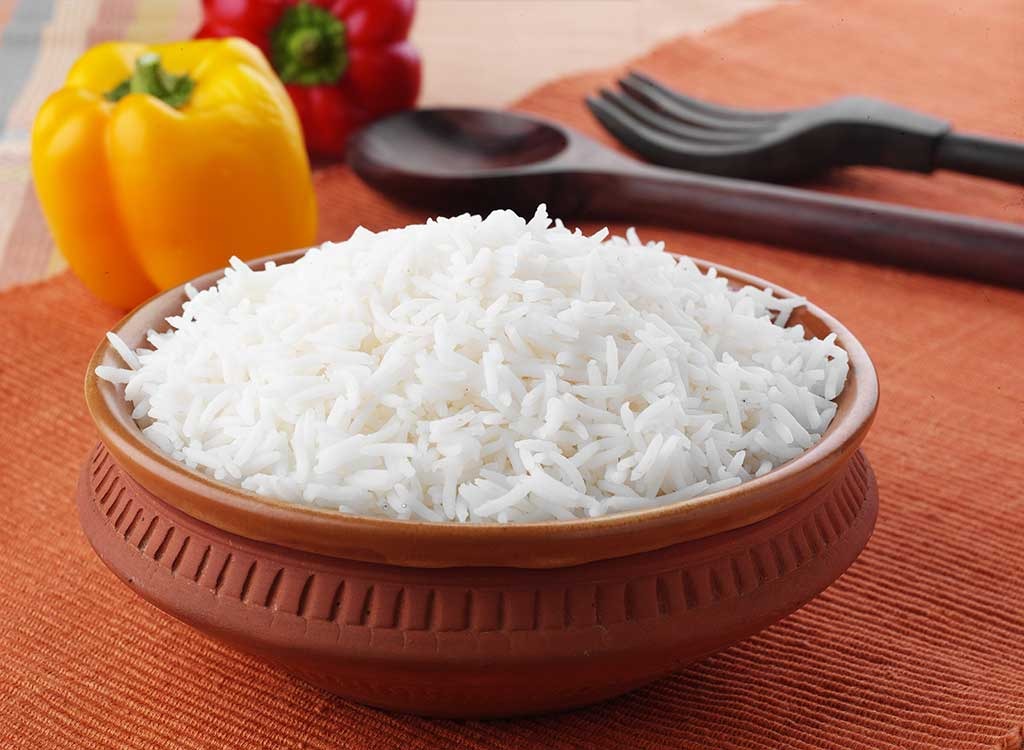
If you want fluffy rice, put down the spoon. According to one chef, leaving your rice alone while it's cooking is the best way to get it to the consistency you seek while avoiding gumminess.
Steaks Should Only Be Turned Once
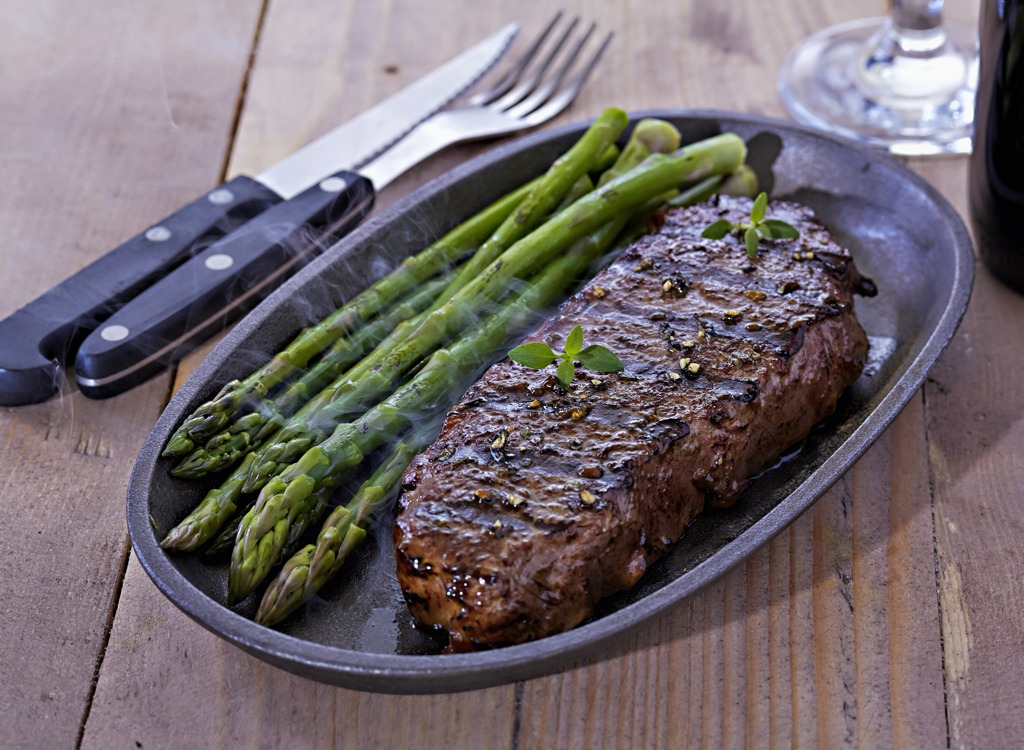
Go ahead and flip that steak to your heart's content. While many meat purists claim that you should only flip a steak once, turning it more often during the cooking process can cook it more evenly and will help you achieve a nice char on both sides. If meat isn't on the menu, you can still make sure you're getting plenty of filling protein by adding some vegan protein bars to your grocery list.
Storing Bread in the Fridge Prevents Staleness
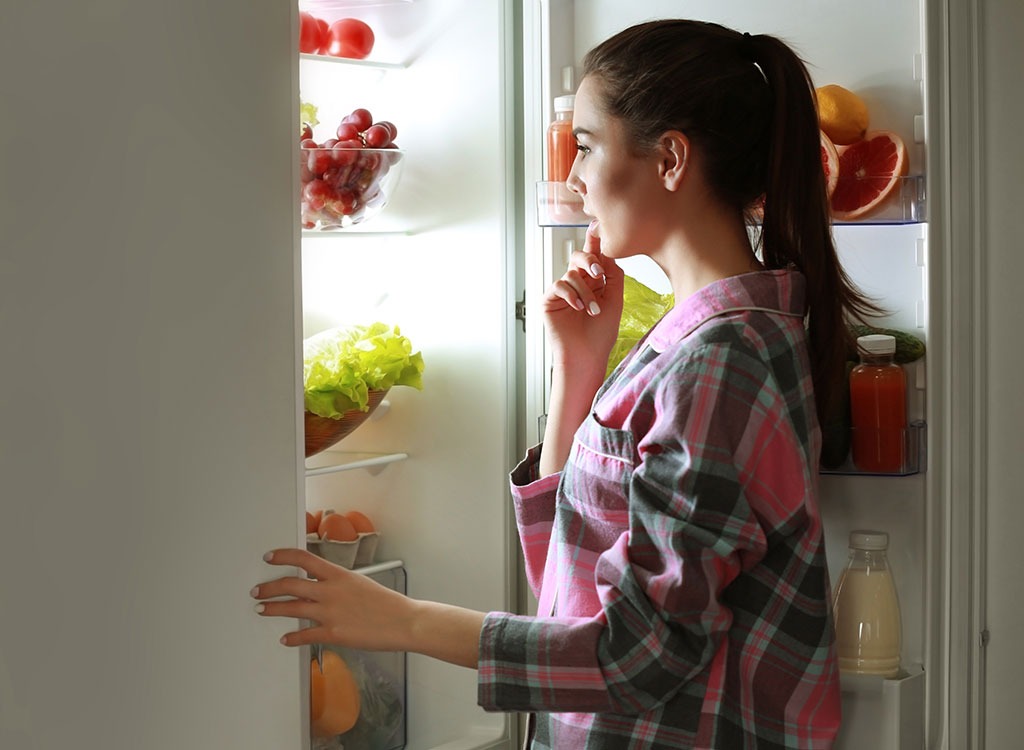
Storing bread in the fridge won't actually keep it fresh. Starch crystallizes faster in cooler environments, so, while your bread might not mold as fast in the fridge, it's actually likely to become stale faster. Your better bet is keeping it in the freezer.
Searing Meat Seals in Juices
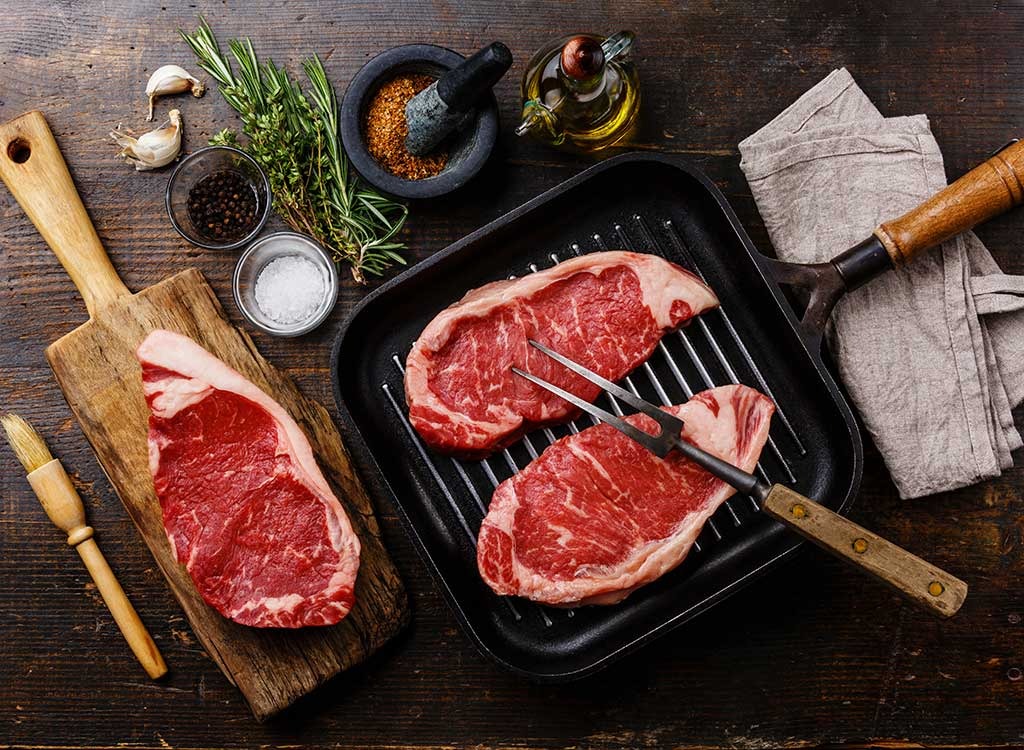
Searing meat might give it a nice crust, but it won't do much to improve its moisture content. Not only does searing meat only affect a relatively superficial portion of whatever you're cooking, the texture you achieve through searing is actually evidence of moisture loss. In fact, one experiment on the subject reveals that seared meat lost more moisture during the cooking process than that of the un-seared variety.
Keeping a Pit in Your Avocado Keeps it From Browning
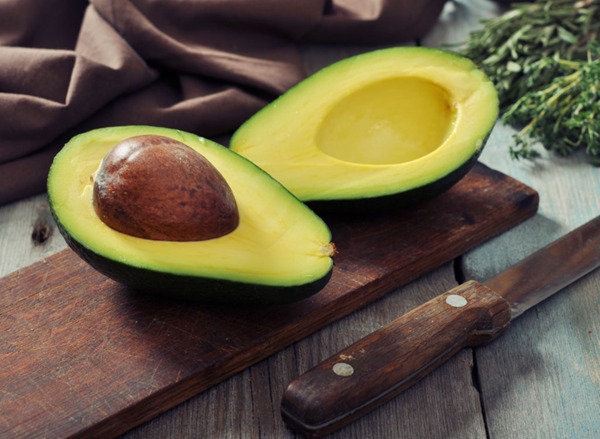
Sticking a pit in with your guacamole won't do much to keep it fresh. The pit of an avocado only keeps the areas of the avocado it touches from being exposed to air, but it won't do much for anything it's not in direct contact with.
Meat Needs to Be Rinsed Before Cooking
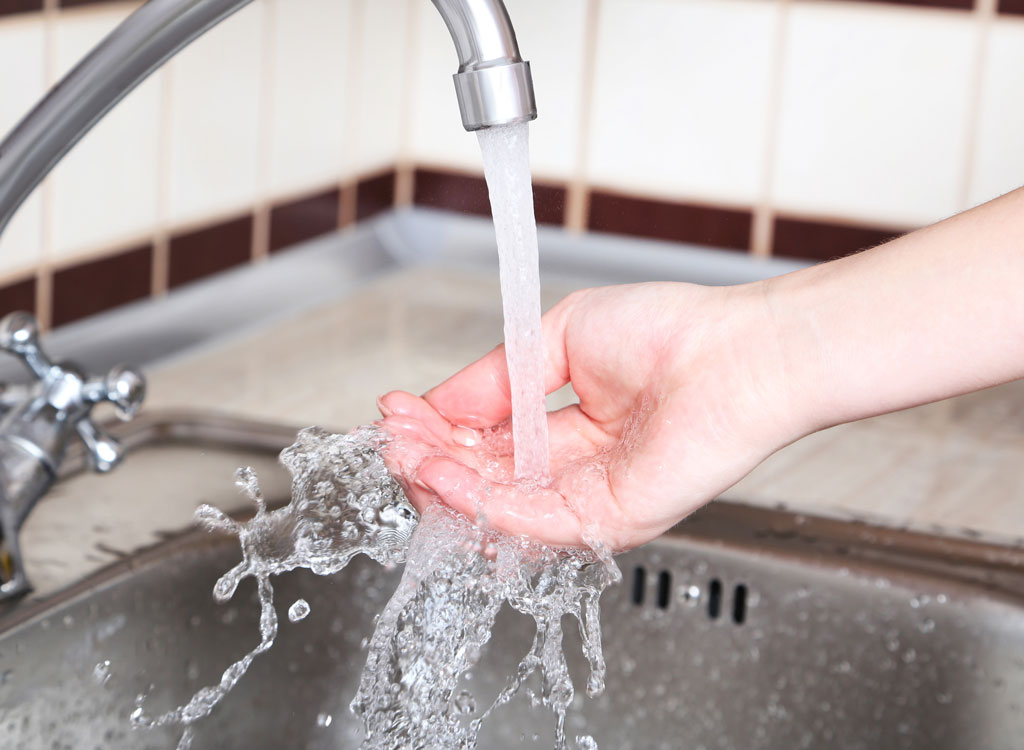
You should definitely wash your fruits and veggies before eating them, but your meat? Not so much. The bacteria in meat isn't solely confined to its surface, and rinsing it off means you're spreading whatever bacteria was on that steak or piece of chicken to your sink.
Cooking With Aluminum Foil Causes Alzheimer's
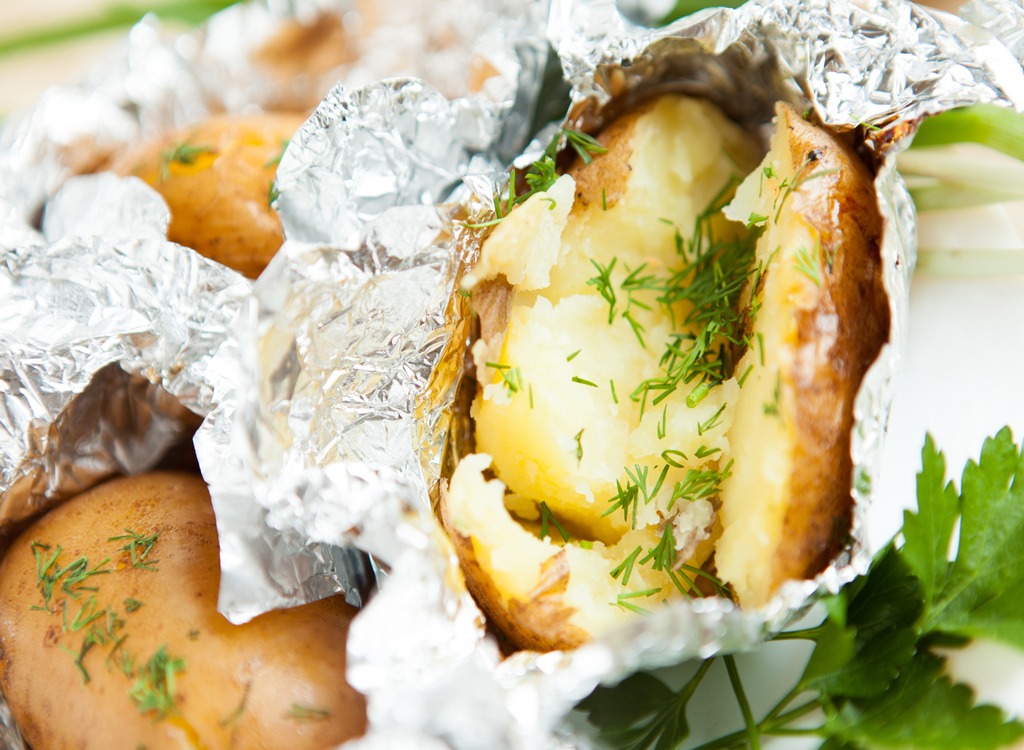
Go ahead and put some foil down in that pan for easier clean-up. While many people have been led to believe that cooking with aluminum foil increases your Alzheimer's risk, there's no clear connection between the two.
Cooking Carrots Makes Them Less Nutritious
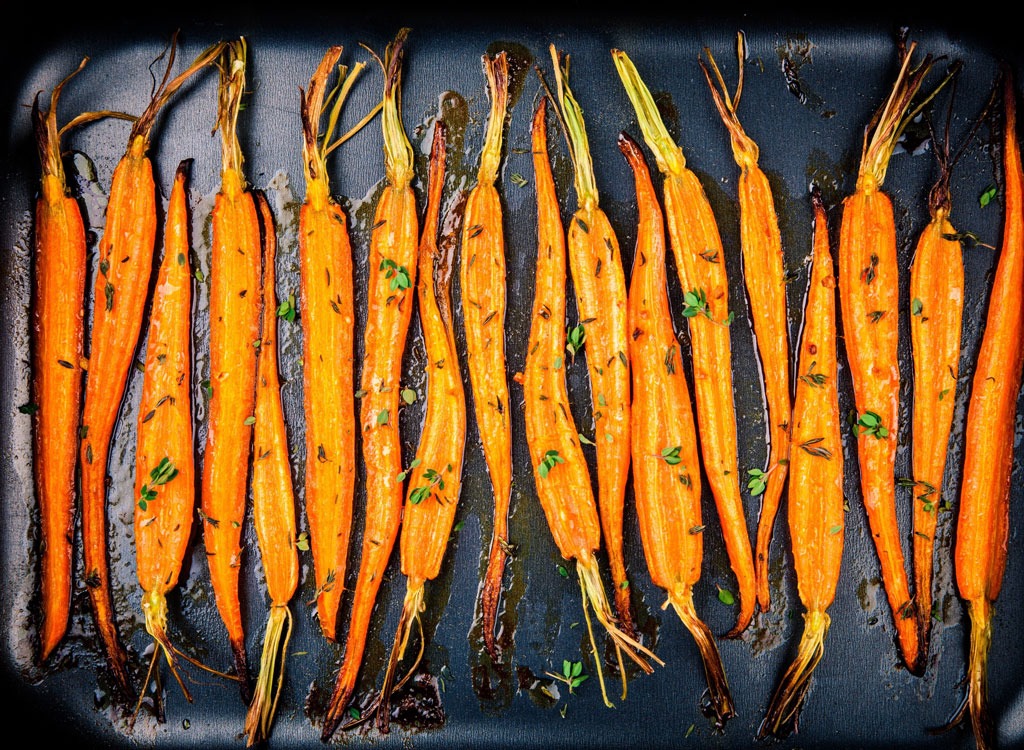
While it's certainly true that cooking carrots robs them of their delicious crispiness, it won't make them less nutritious. In fact, a study published in the European Journal of Nutrition reveals that cooked carrots had more bioavailable inflammation-fighting beta-carotene than their raw counterparts. "Many people are also sensitive to raw vegetables and have an easier time digesting them when they are cooked," says Chef Maya. Luckily for those who tire quickly of carrots, there are plenty of other easy-to-prepare anti inflammatory foods that will make every meal more delicious.
Washing Your Chicken Before Cooking Gets Rid of Bacteria
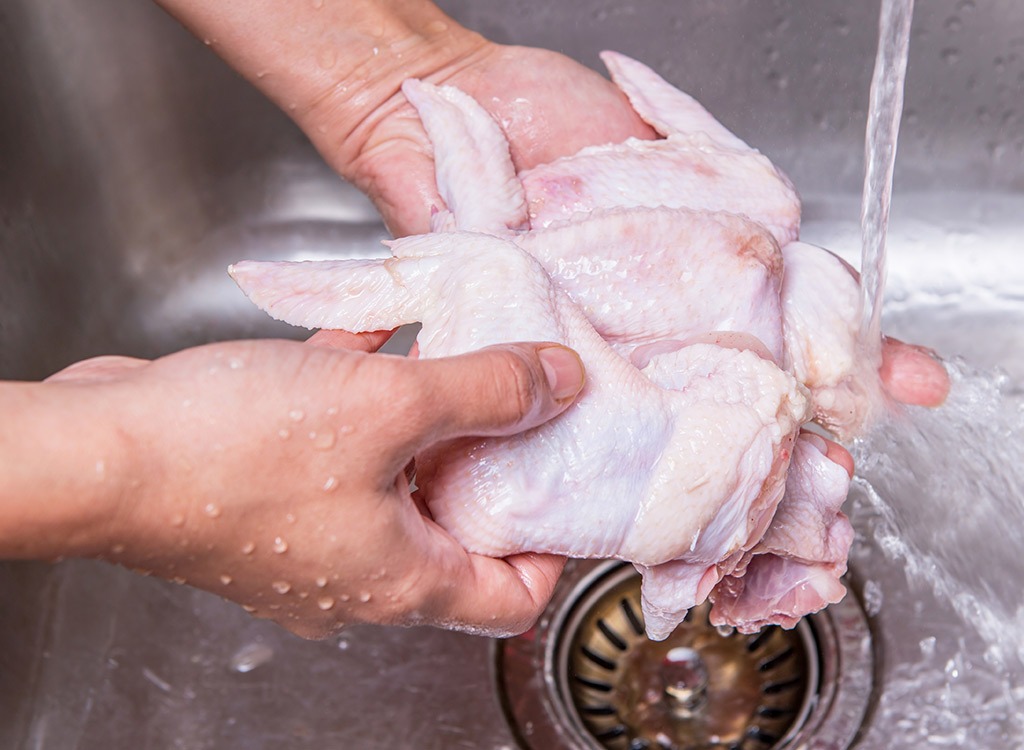
You might have thought that running your poultry under some water might help prevent foodborne illnesses, but research shows that doing so actually increases your risks. In fact, once some H2O hits your chicken, it spreads bacteria all over your sink, hands, and kitchen once.
